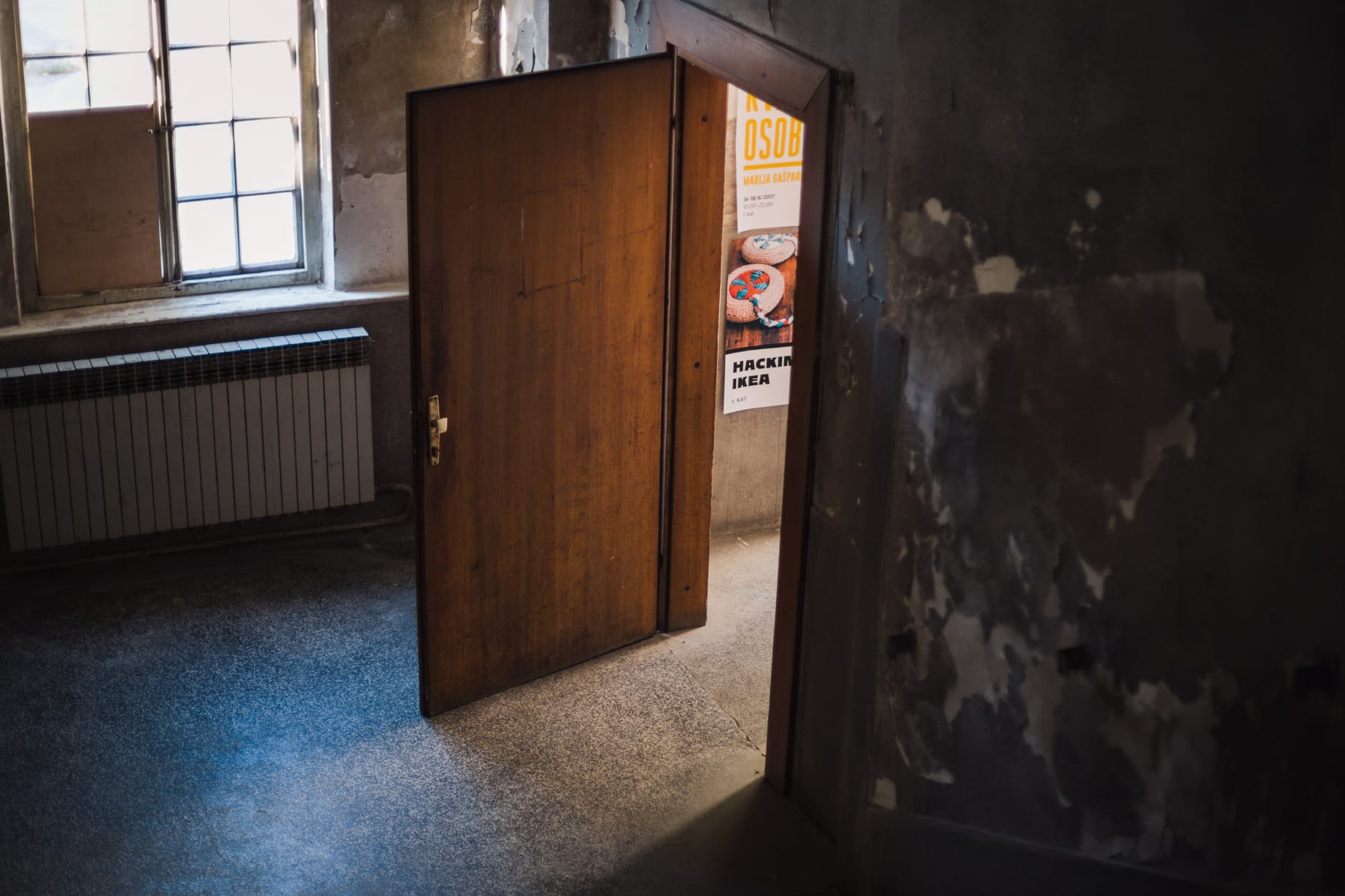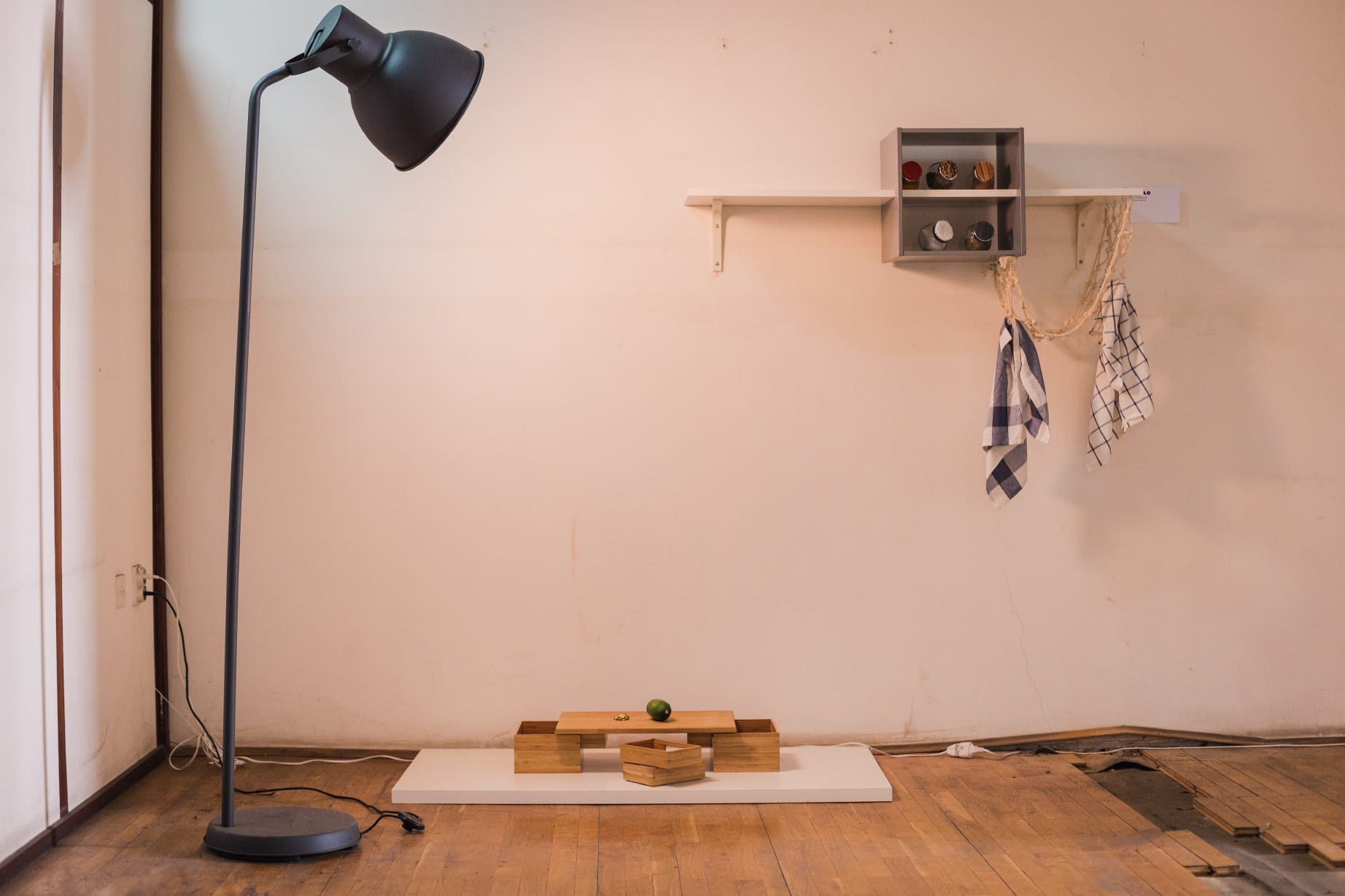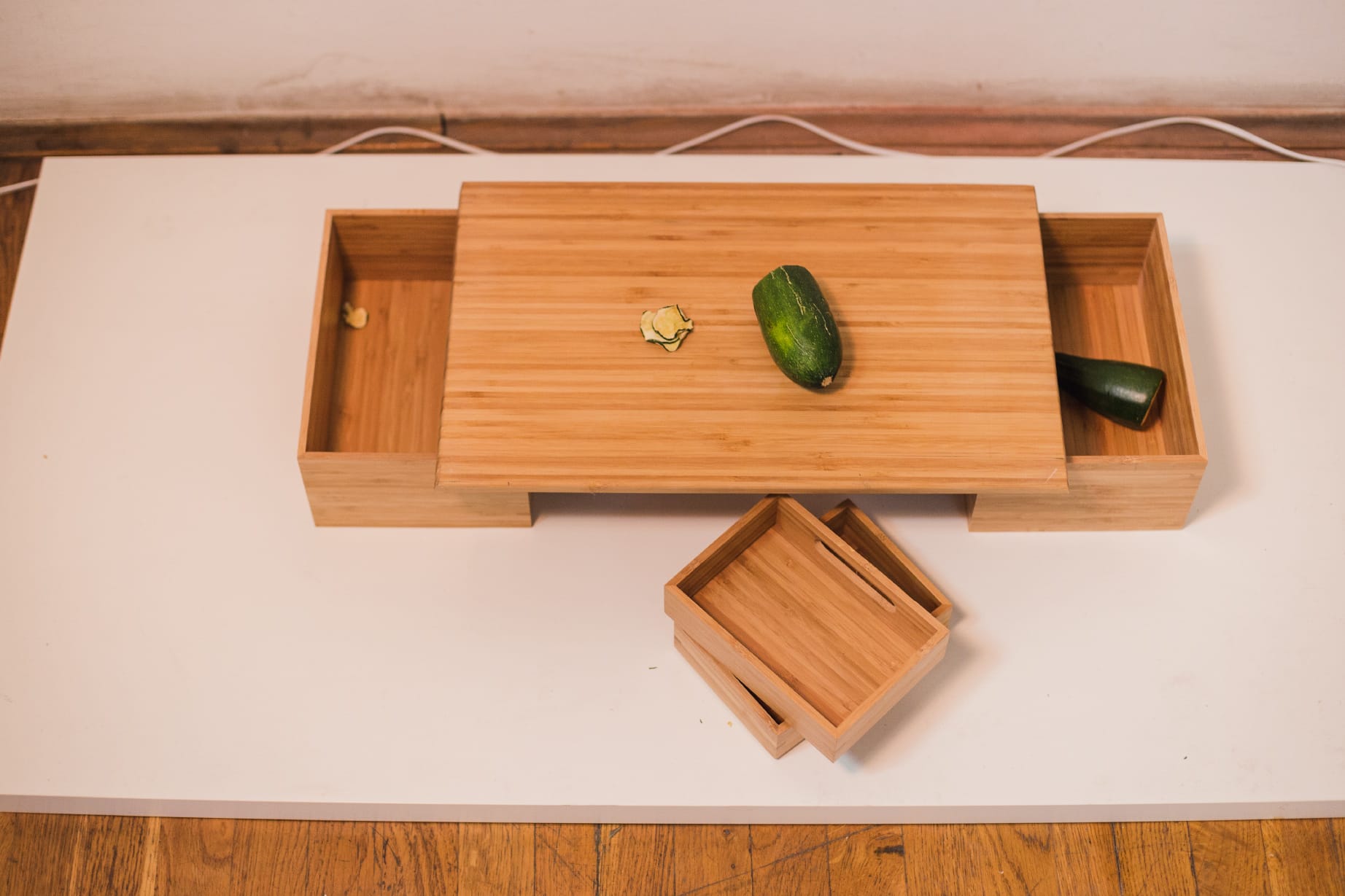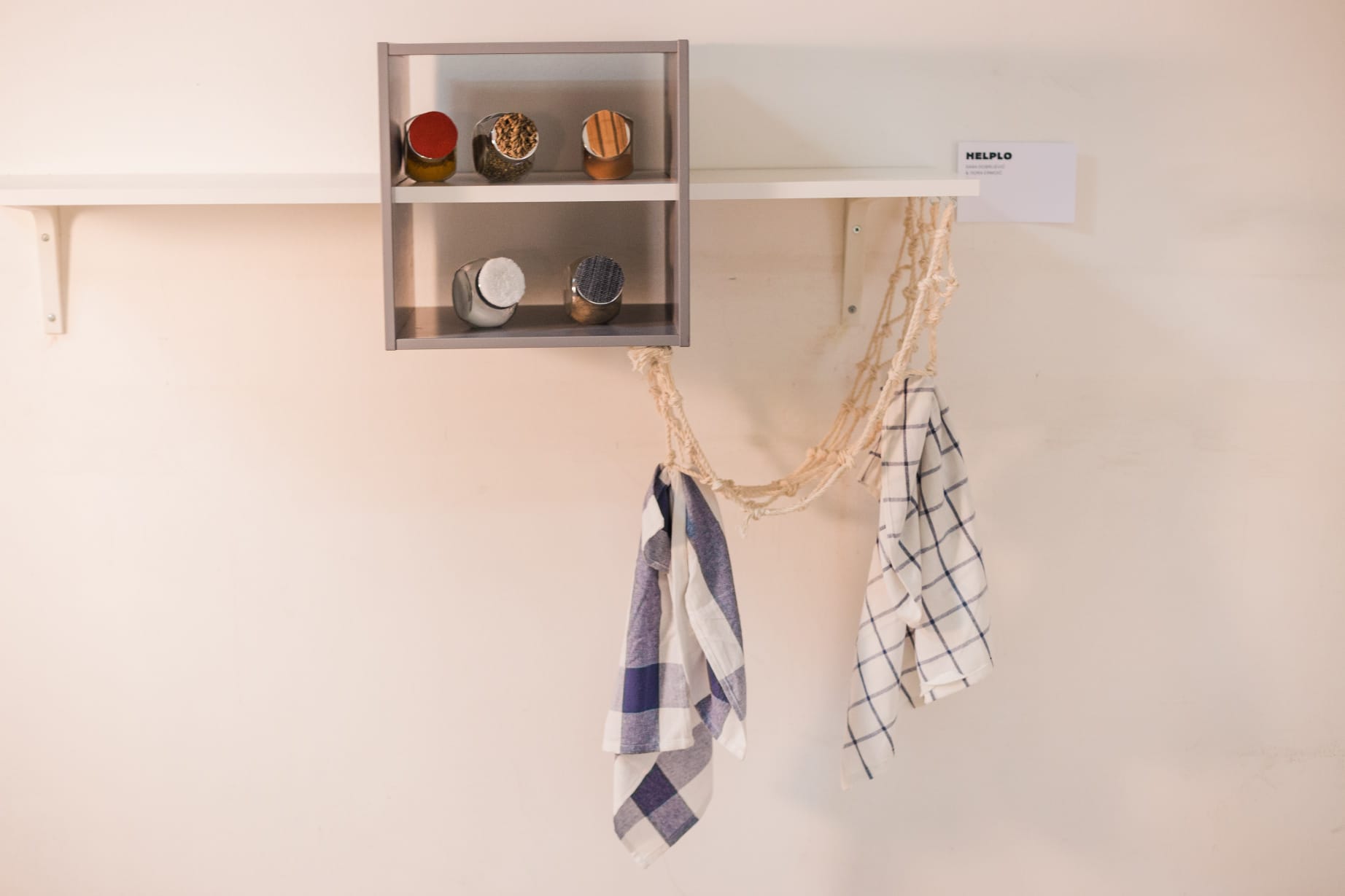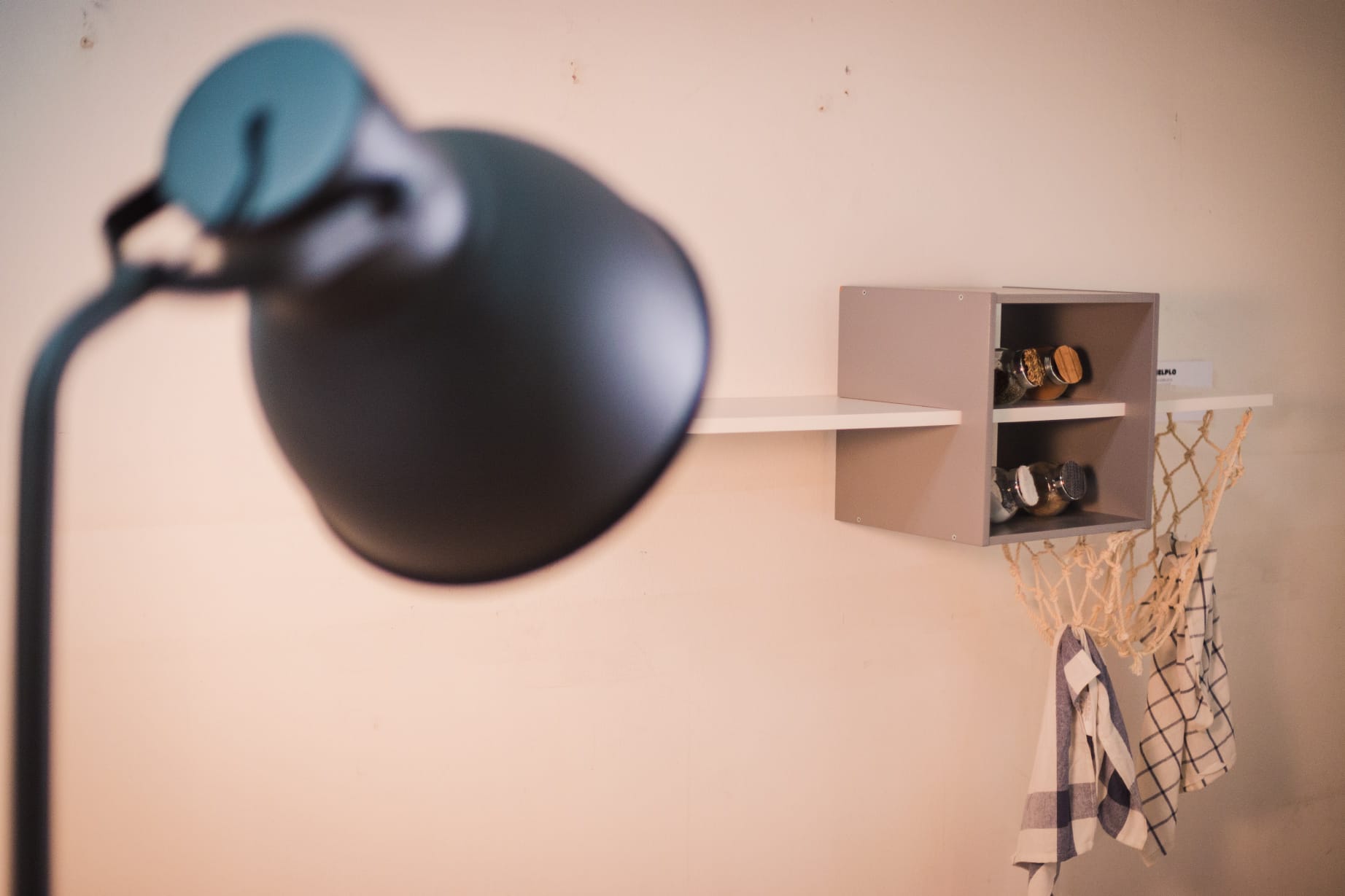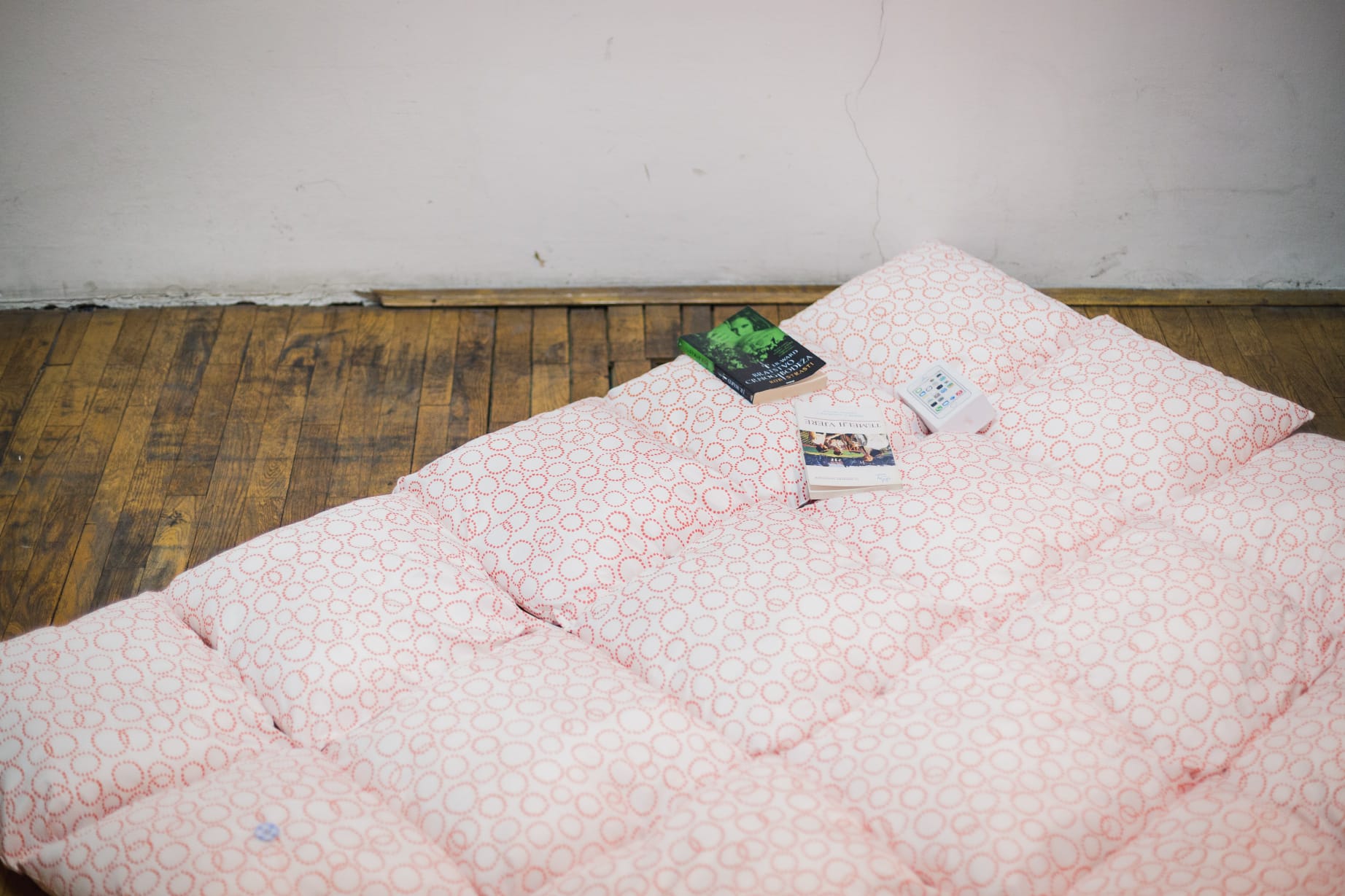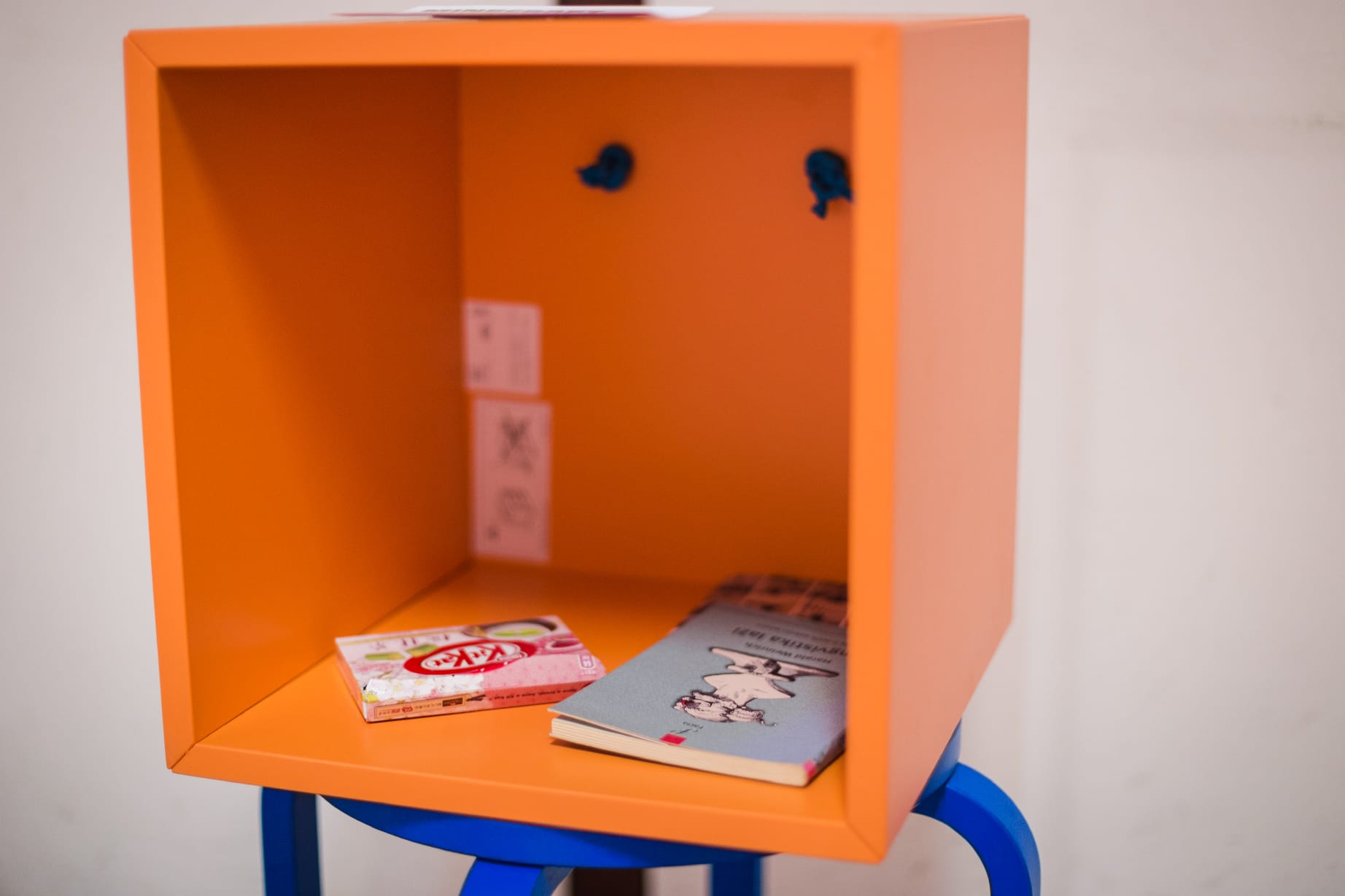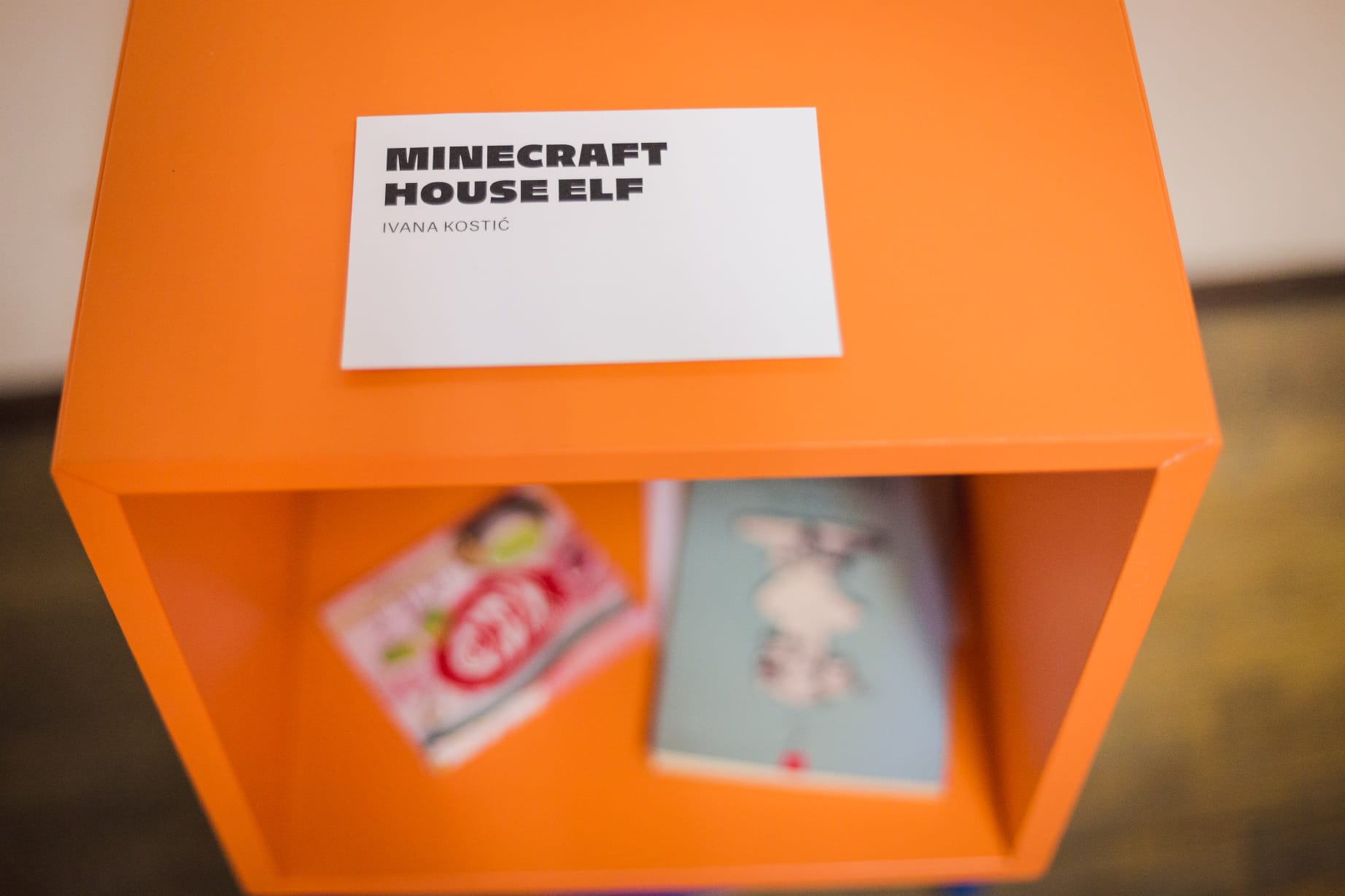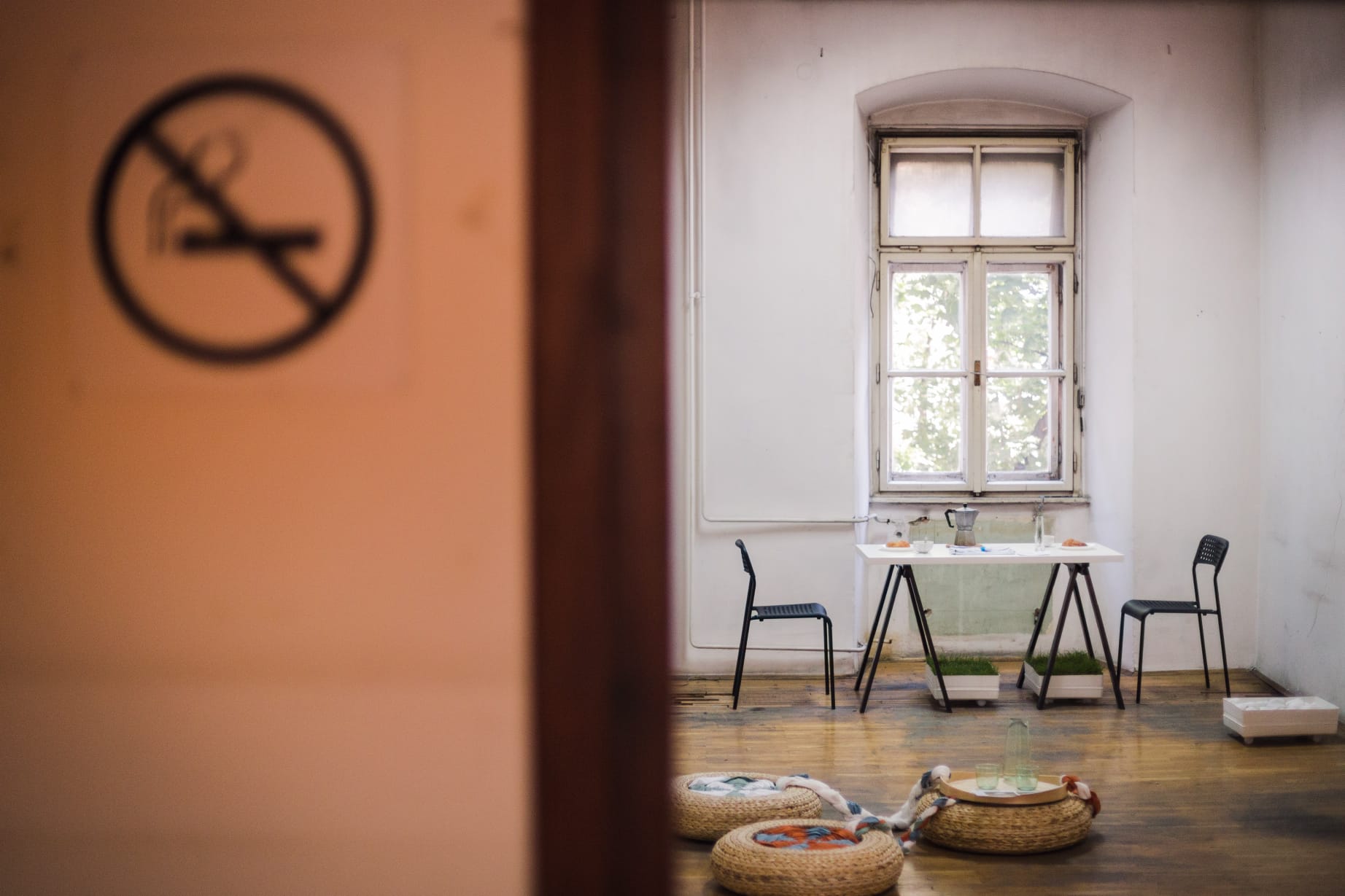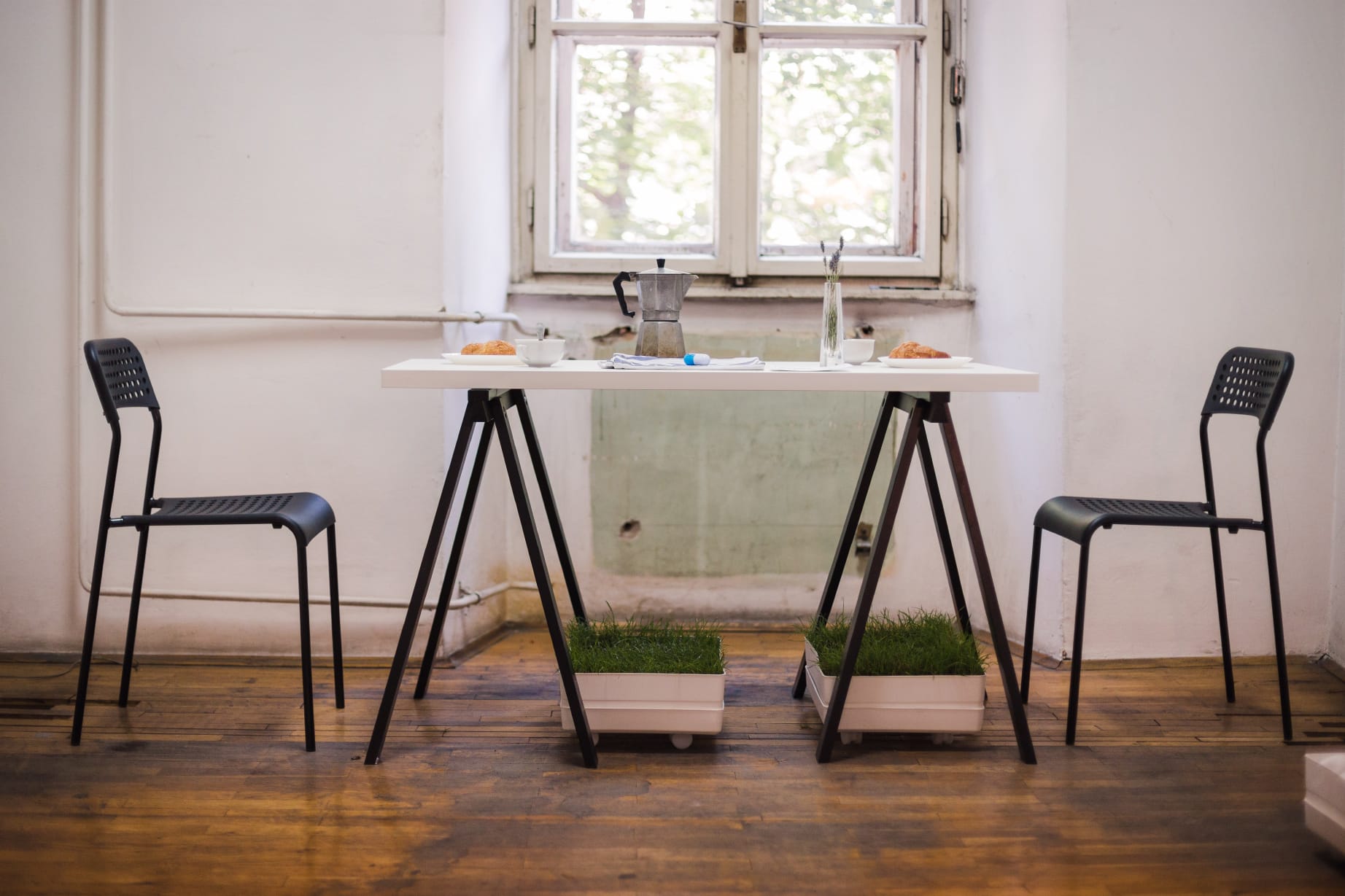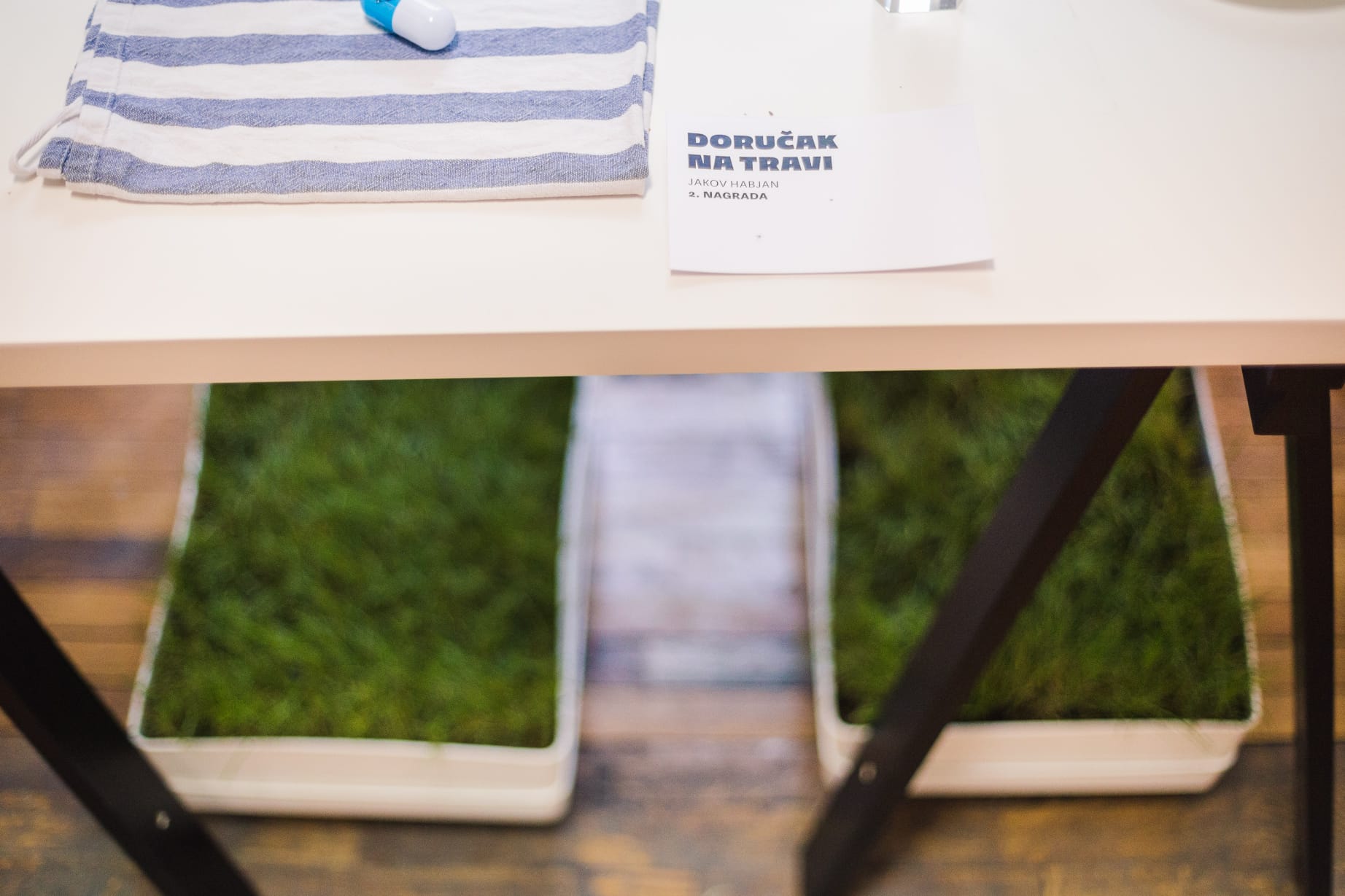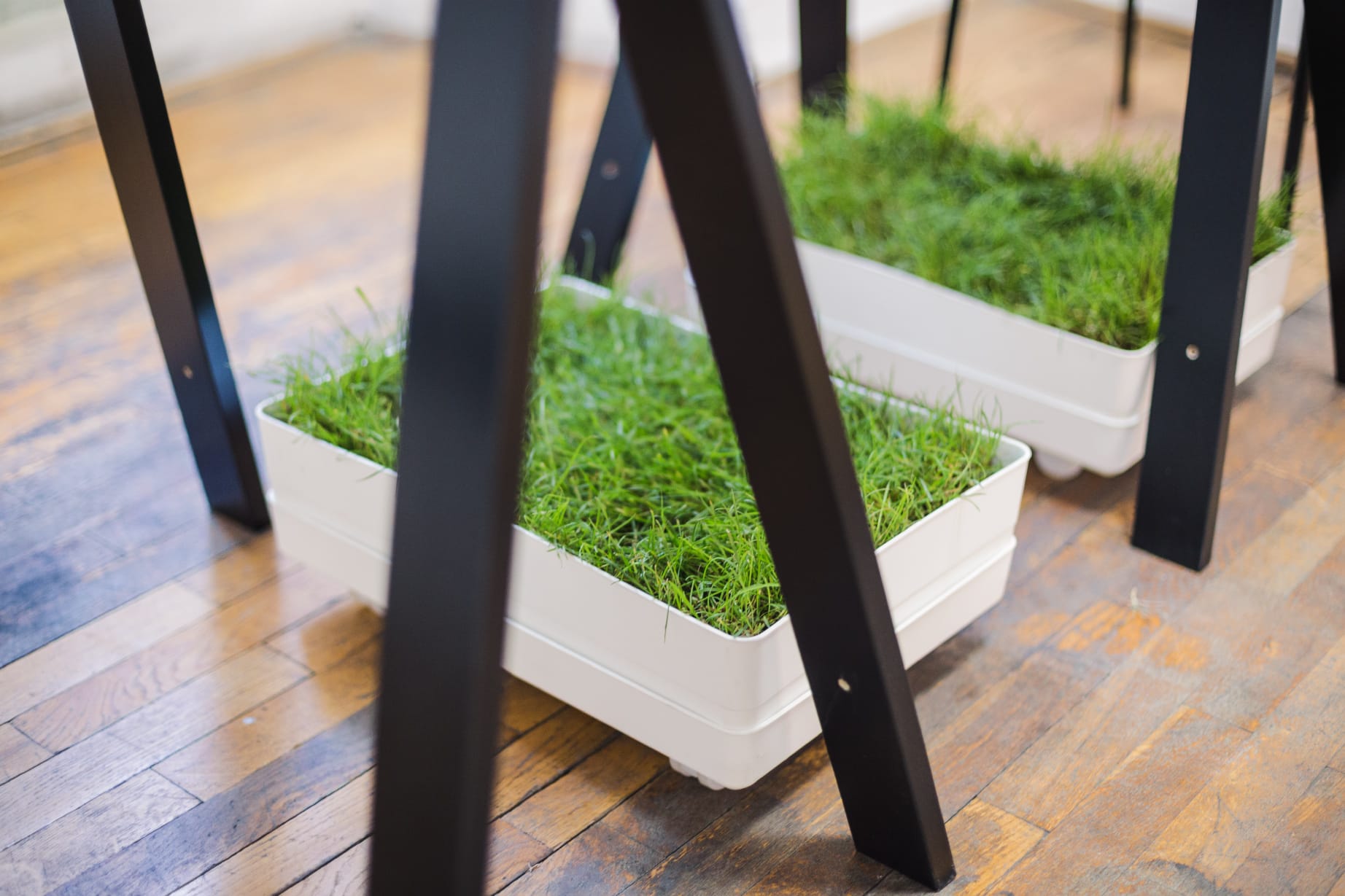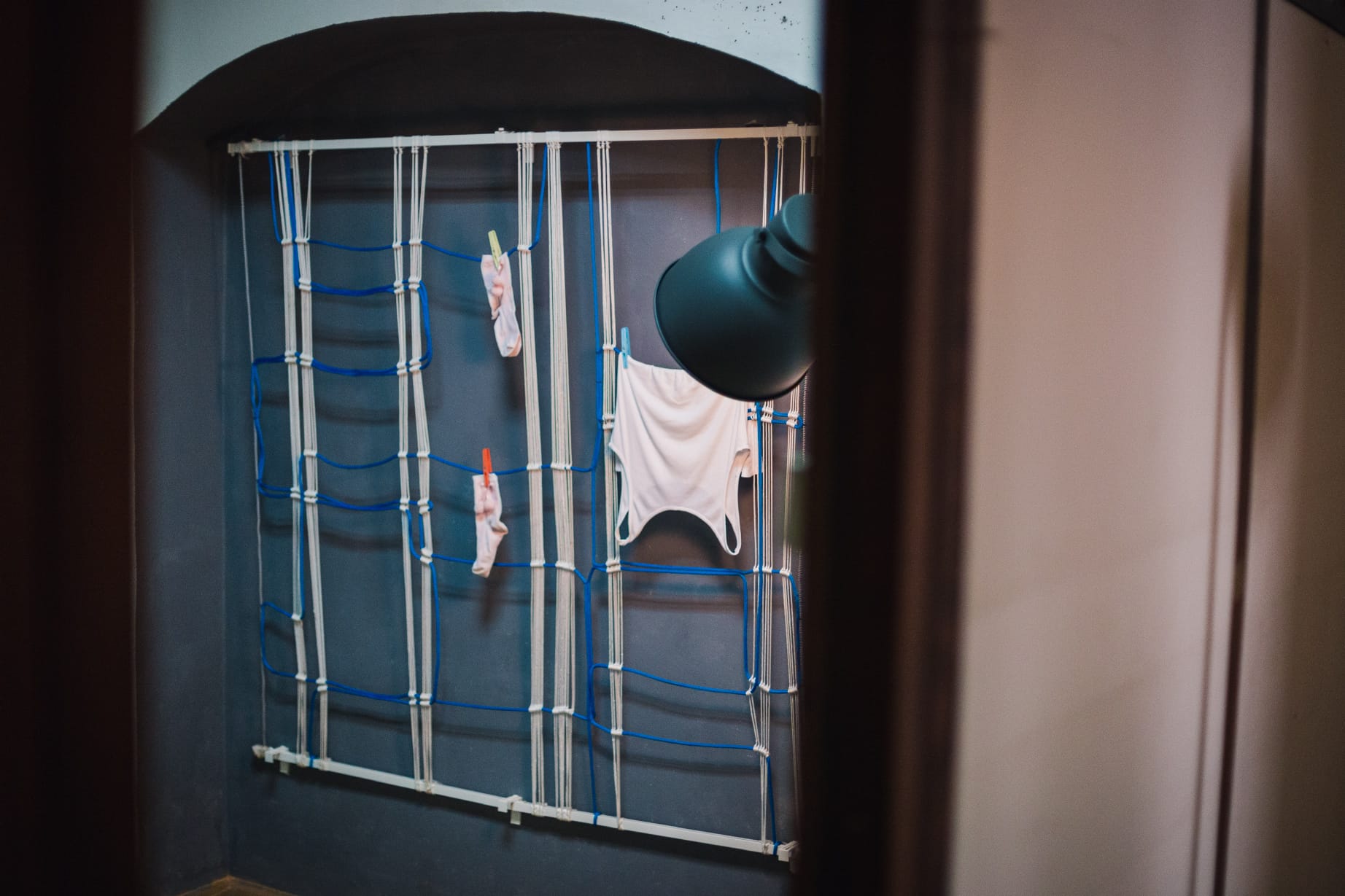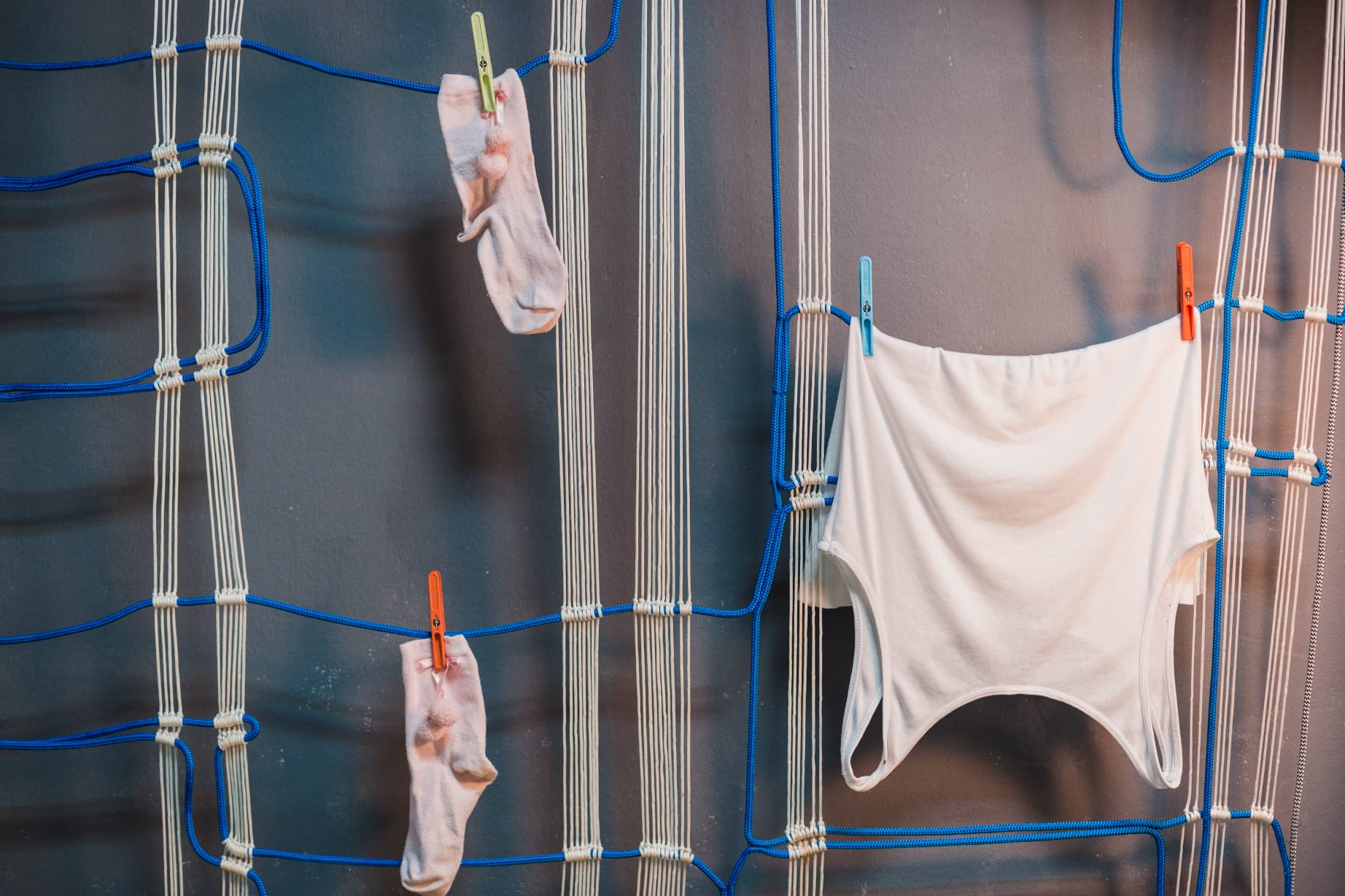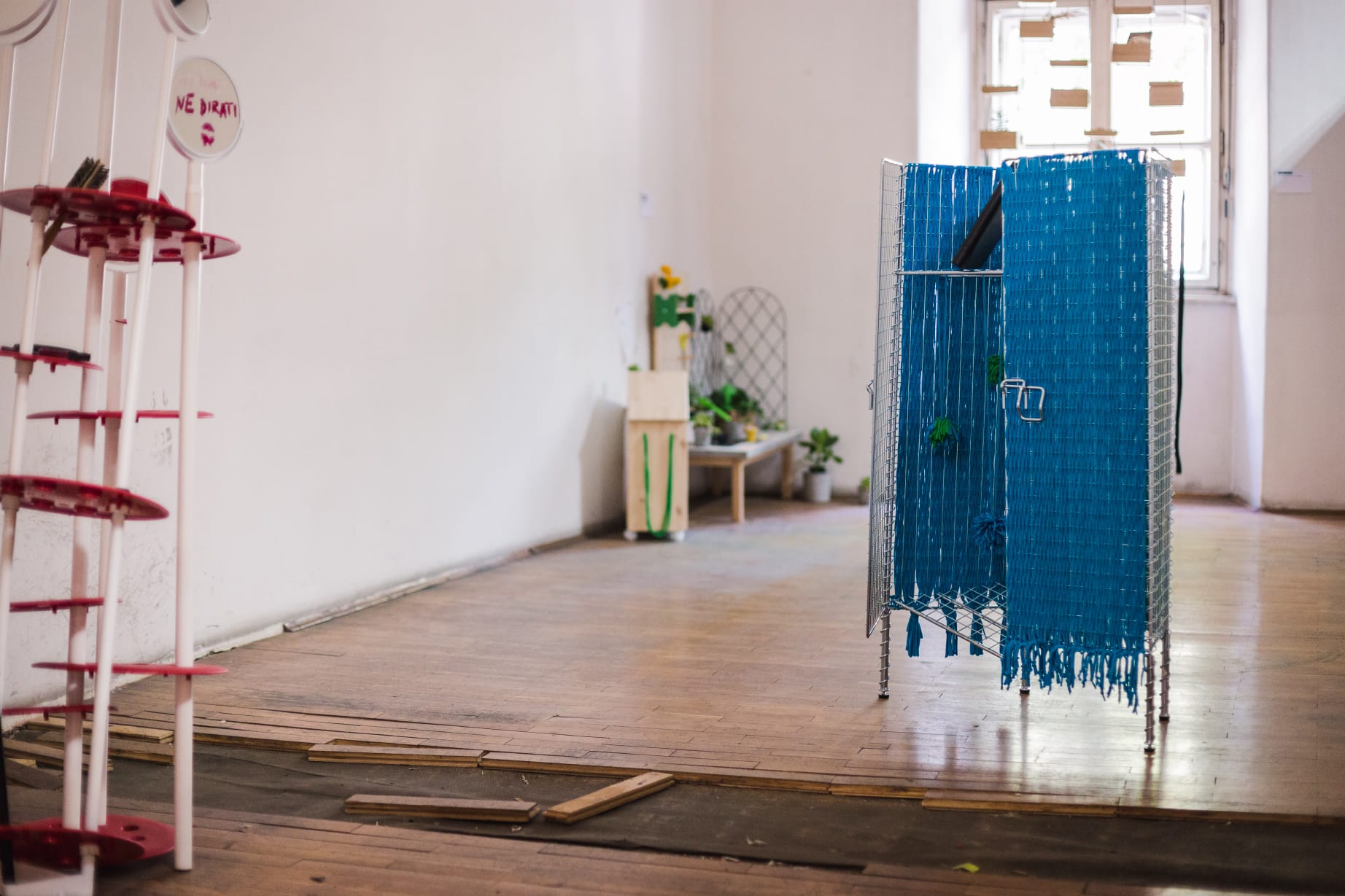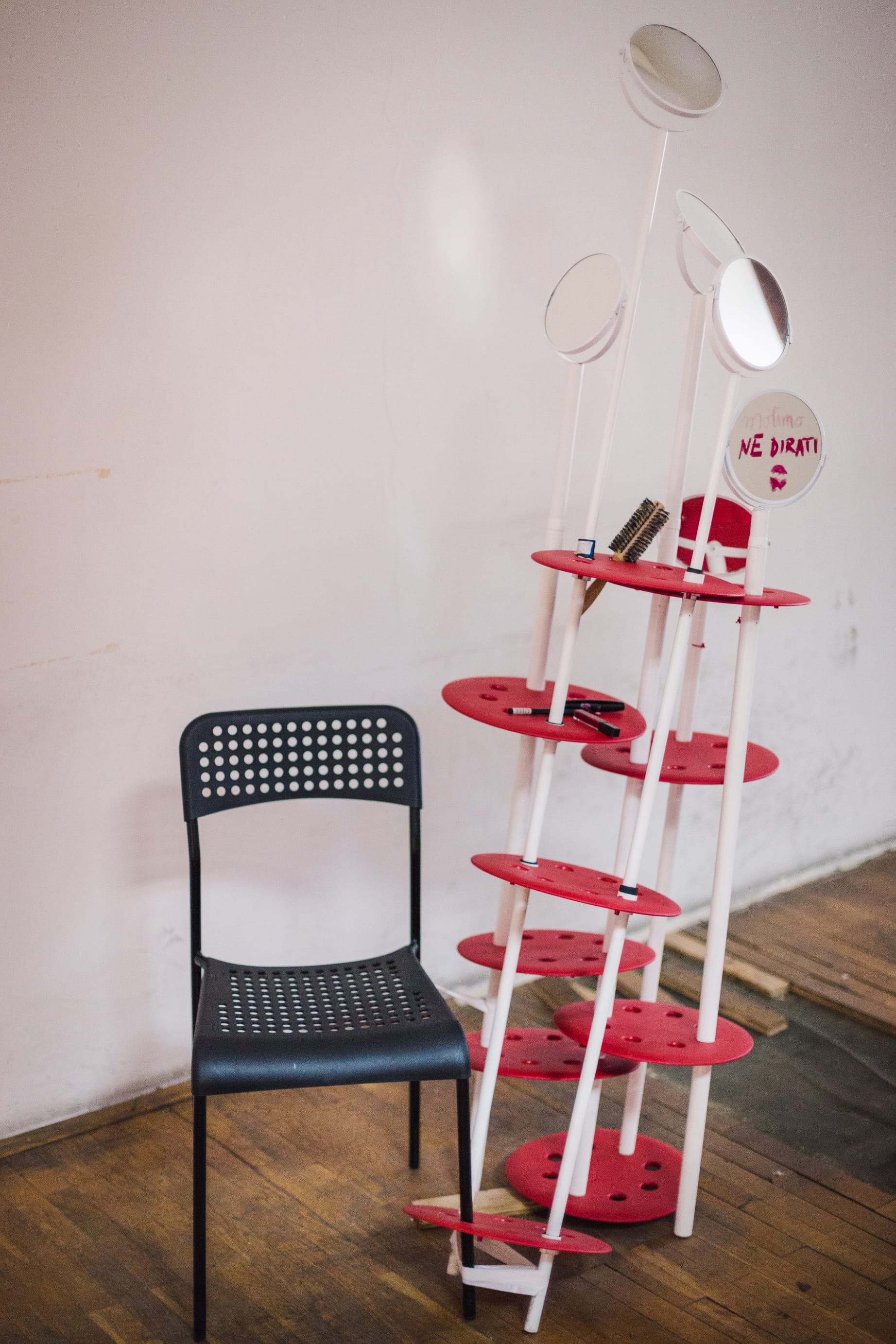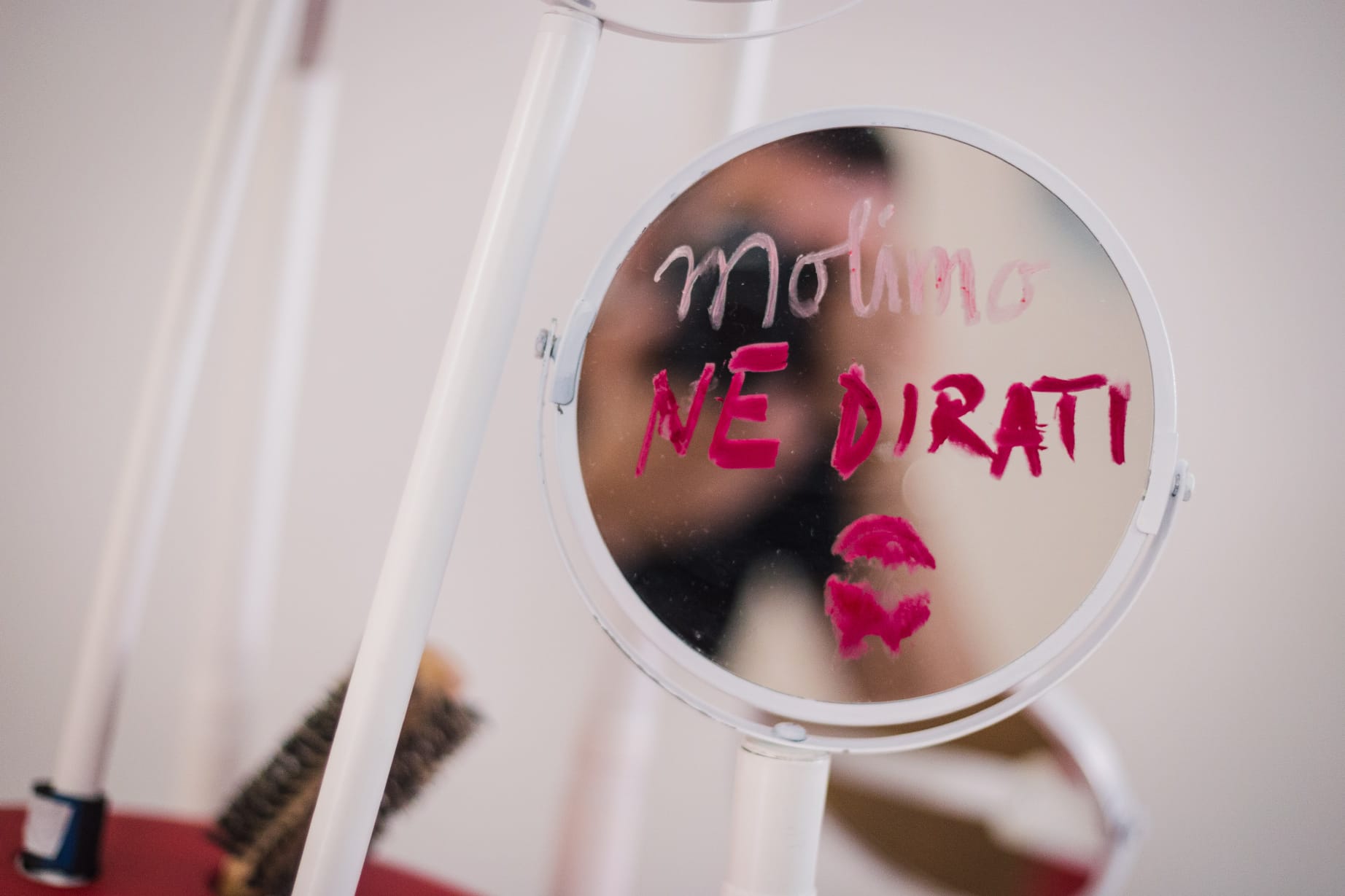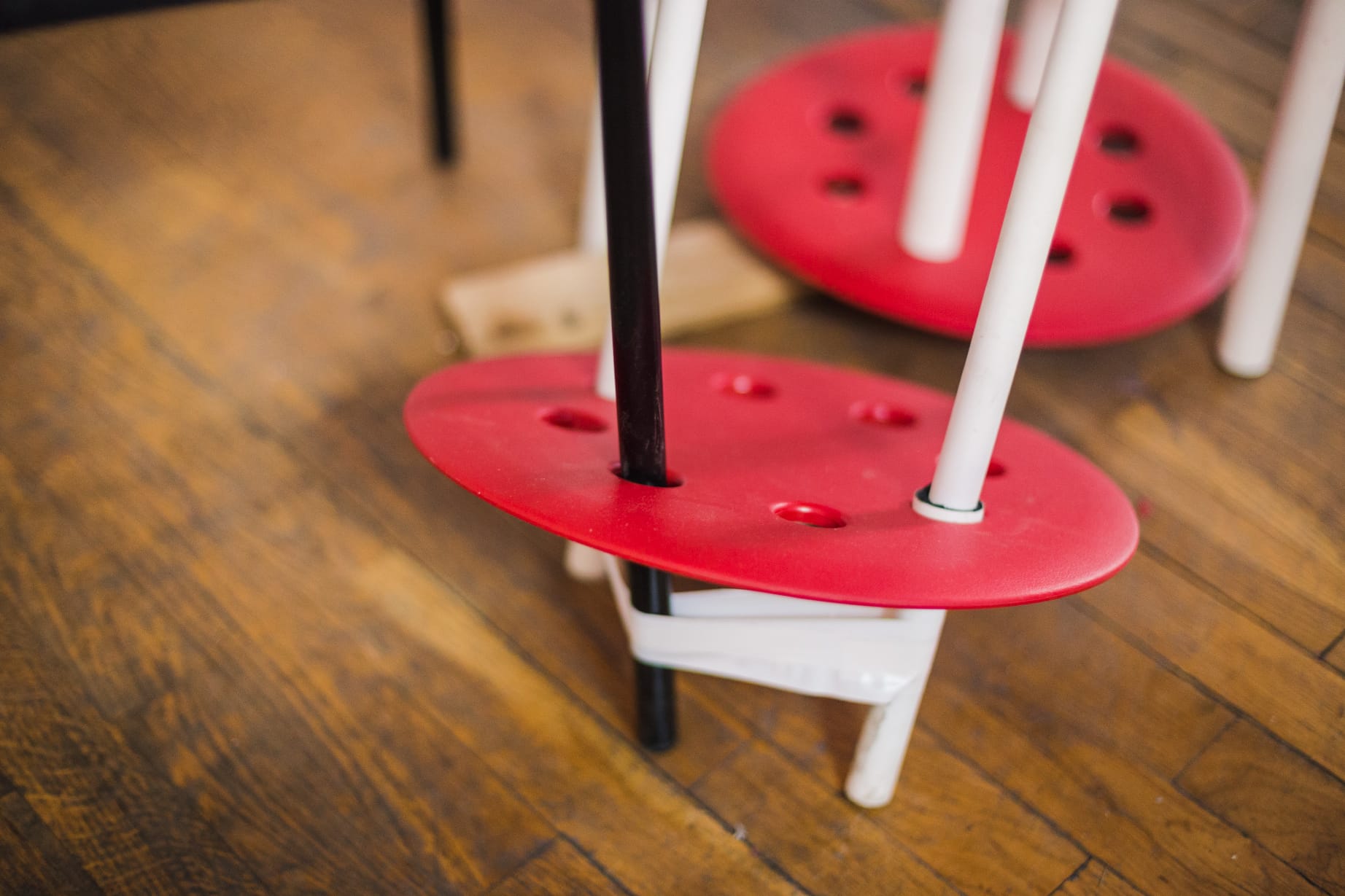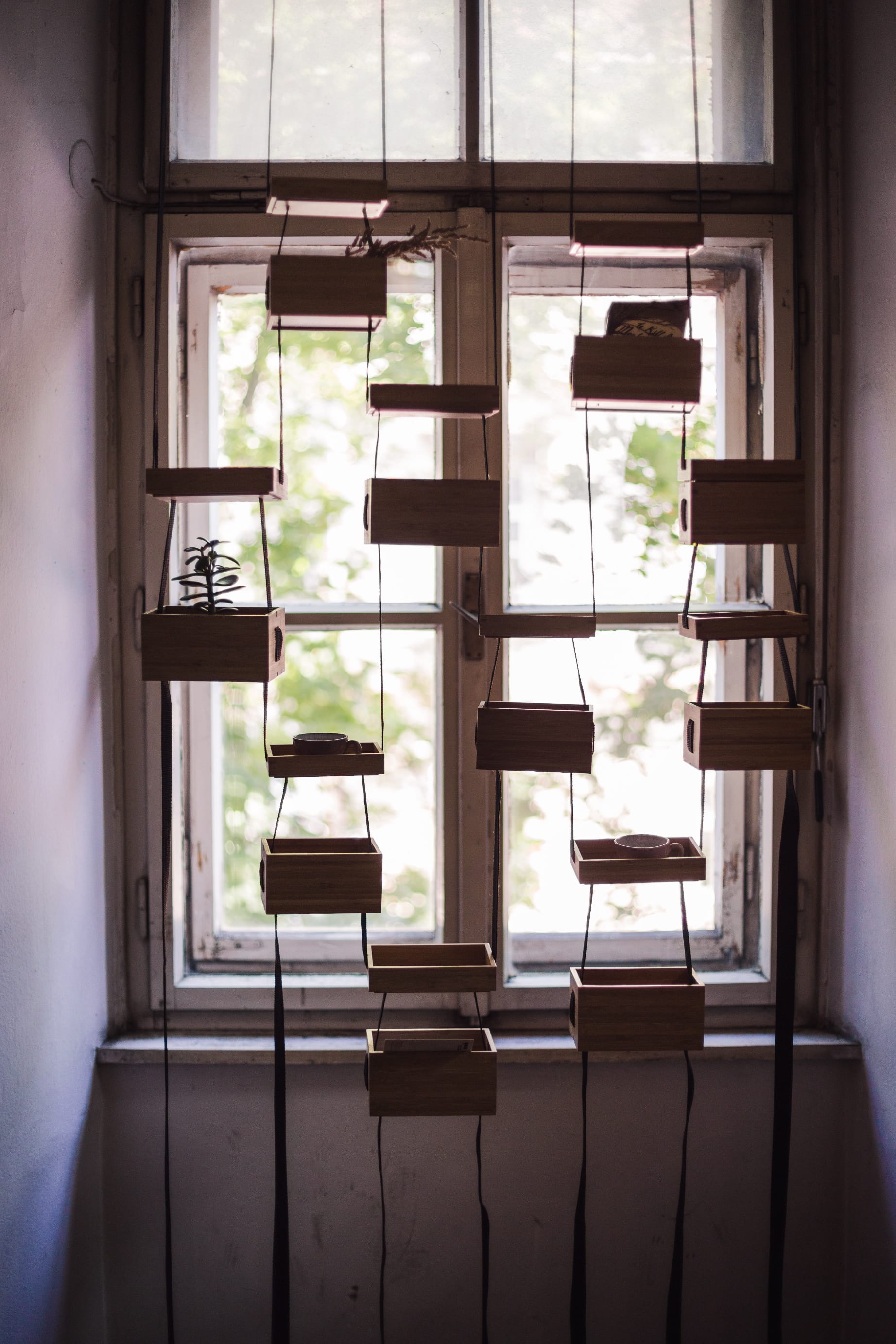It’s hard to describe what Zagreb’s Design District is, but just strolling around the ‘Martićeva zone’, you instantly of get the glimpse of it really is. However, it’s hard to describe it with words. It’s a mix of primarily design related things, deeply connected with the culture of this district, which some people even compare to Zagreb’s Williamsburg.
Design District shows us things like artworks, vital installations, fresh new concepts, and scenarios, for the secund time in a row, but again with the same problem – there are just so many things to see, without the clear overview what’s happening. I couldn’t shake the feeling I have to get into some hipster gang to get a hold of what’s really going on.
My first visit to Design District was by night. From the first glance, it was clear that something was happening. There were a lot of people in the street, nearby bars, and literally, sitting on the street. Ratkajev prolaz was a center of the event, hosting street bars and art installations.
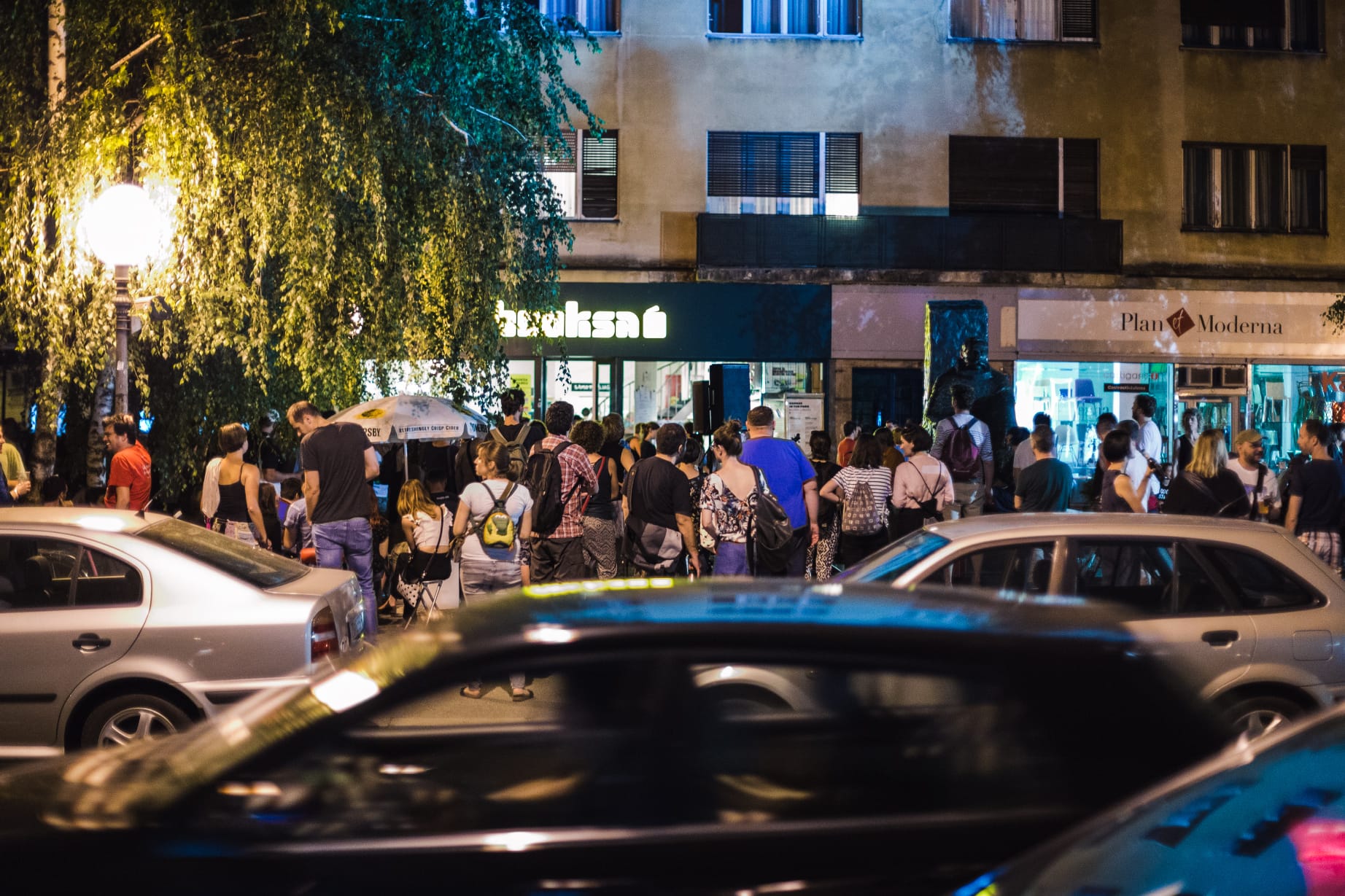
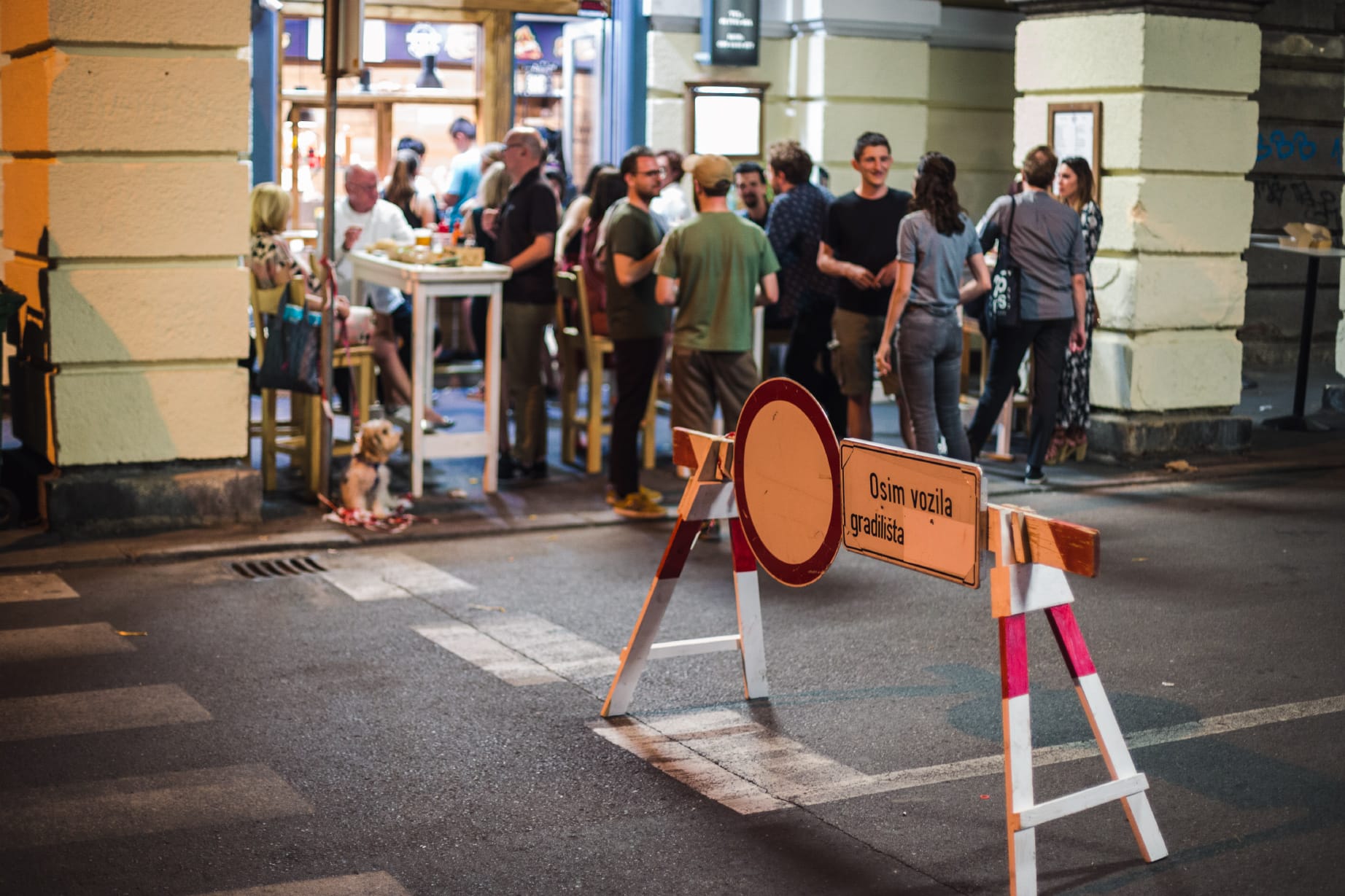
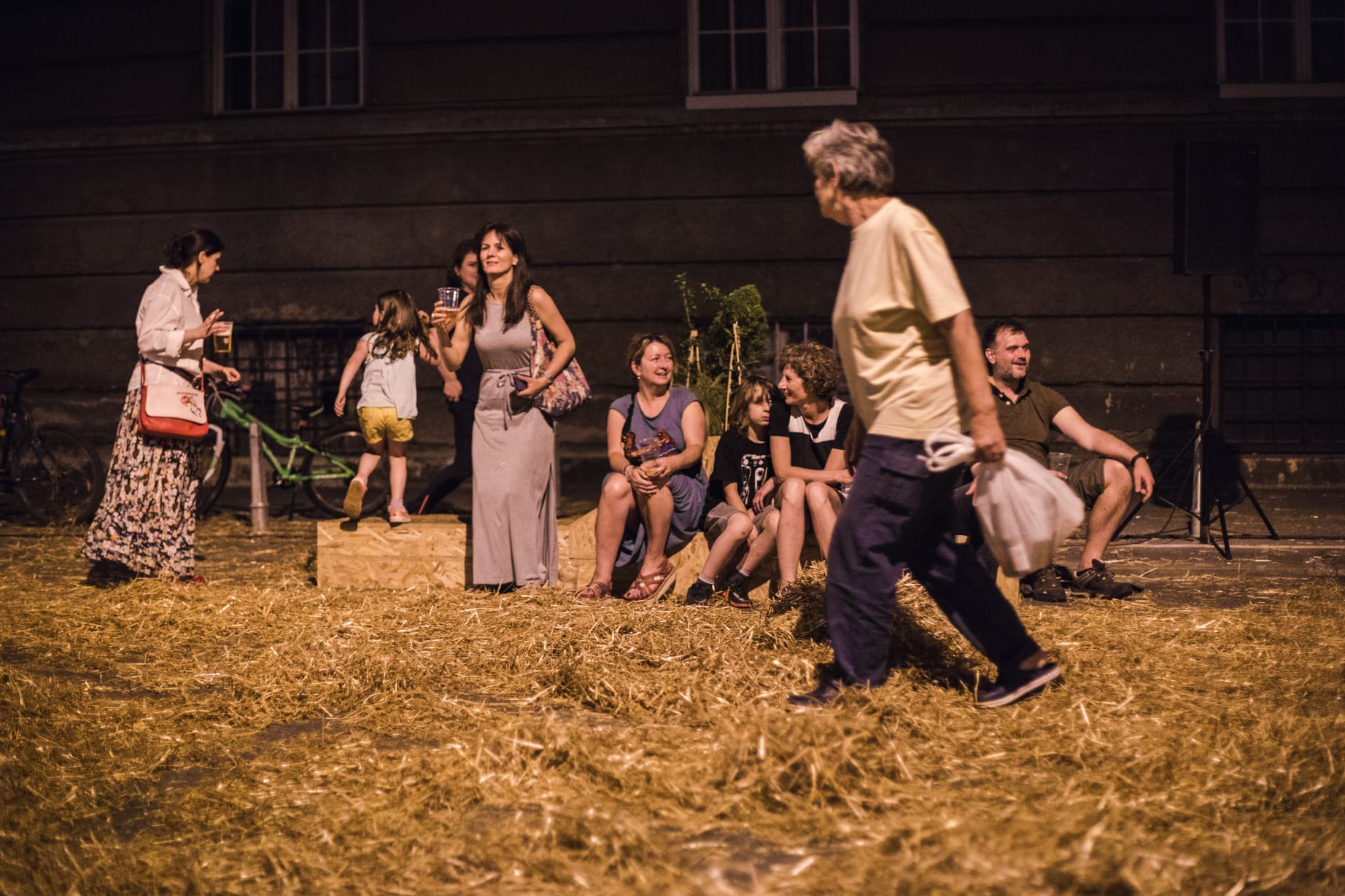
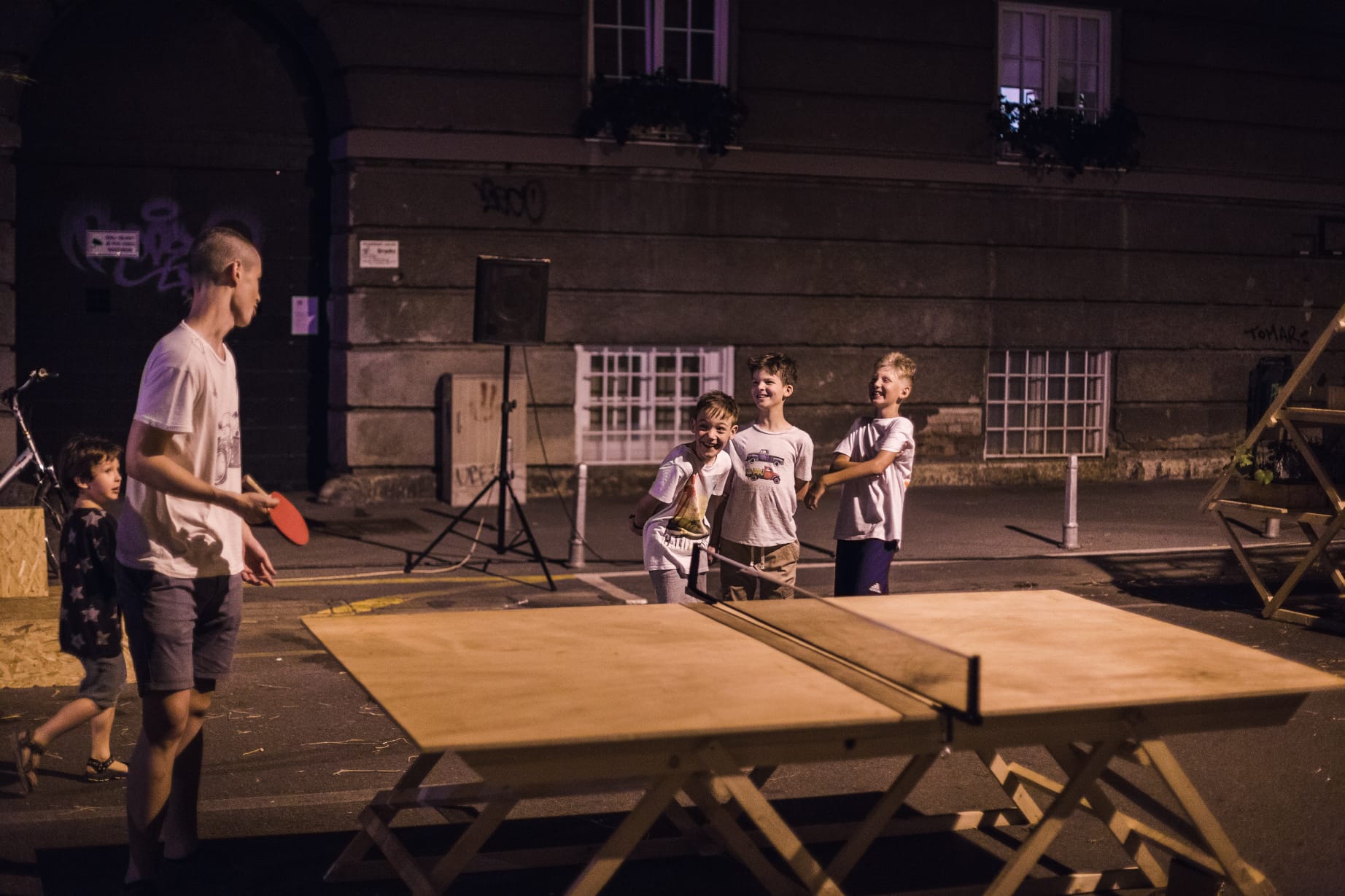
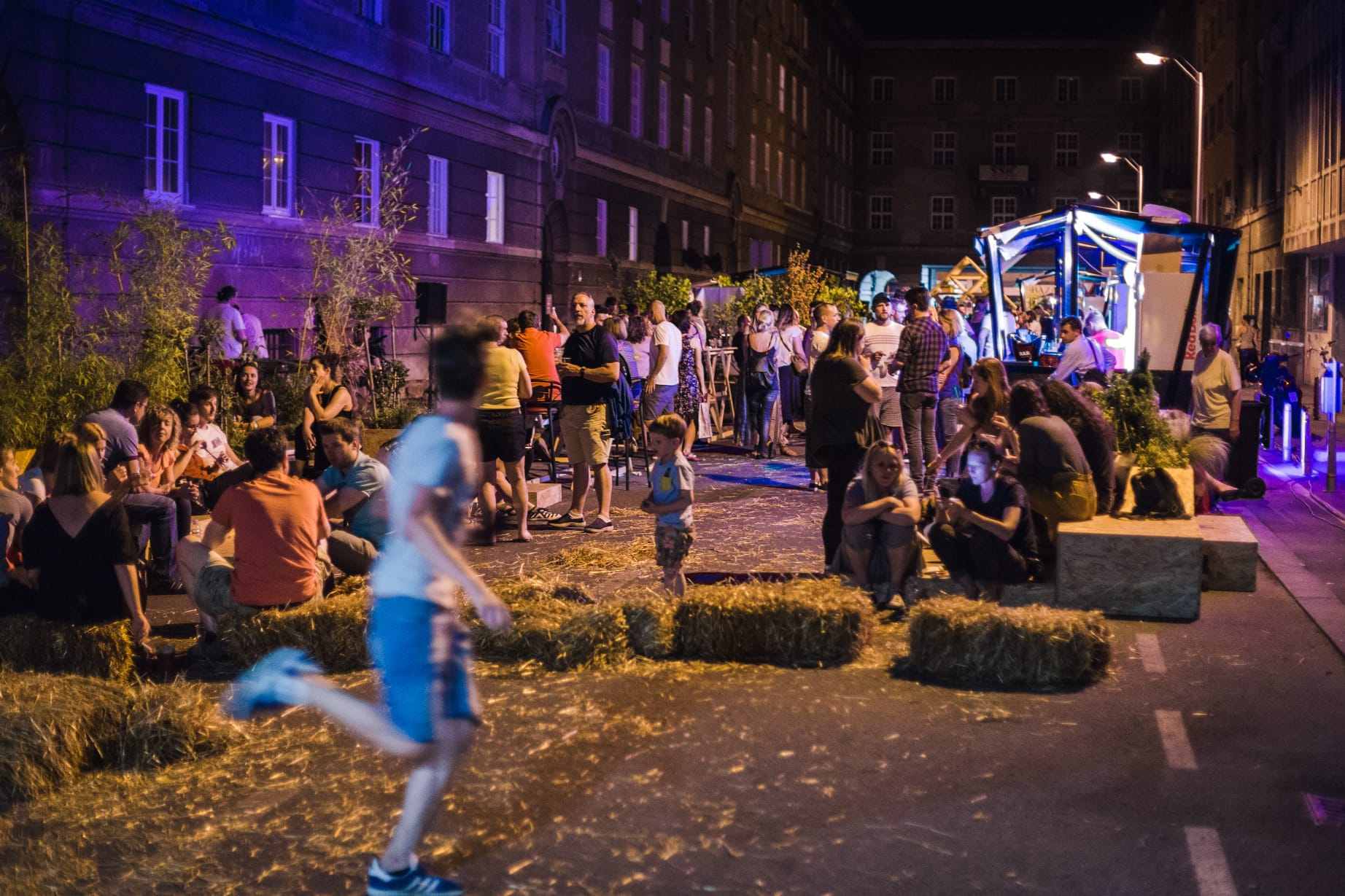
But still, I had a feeling I was missing out. I did miss out with sending the application for visiting the inside of Croatia’s National Bank a bit too late, but I thought there must be some other things too see in Martičeva. And so I asked one of my hipster friends, who gave me a clue – visit Ratkajev prolaz and get a booklet. Also, visit Vlaška street 87.
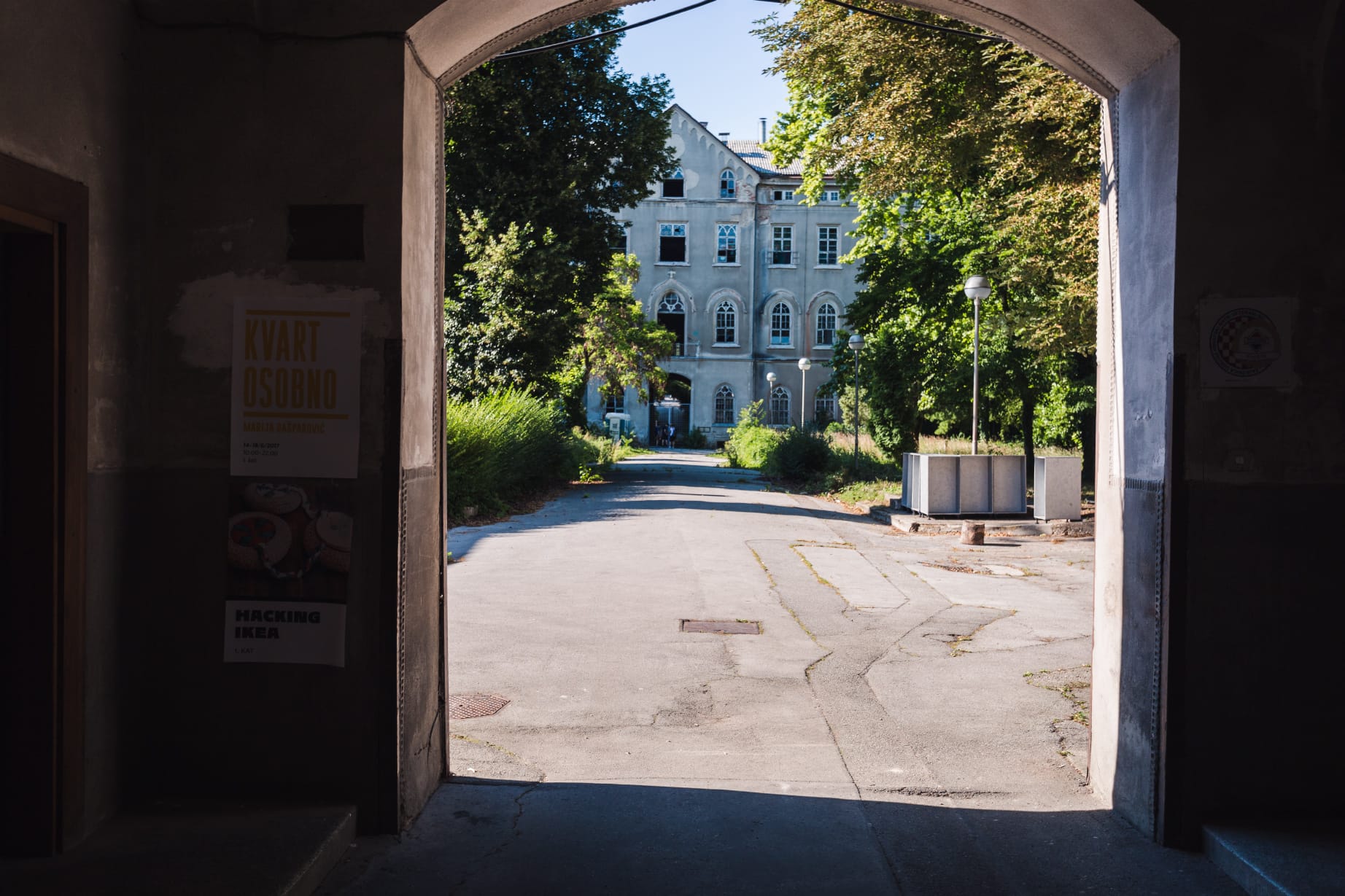
Vlaška 87 was the location of the Old Military Hospital. I’ve passed there thousands of times but didn’t have a clue what was behind those closed doors. Design District Zagreb hosted two exhibitions there.
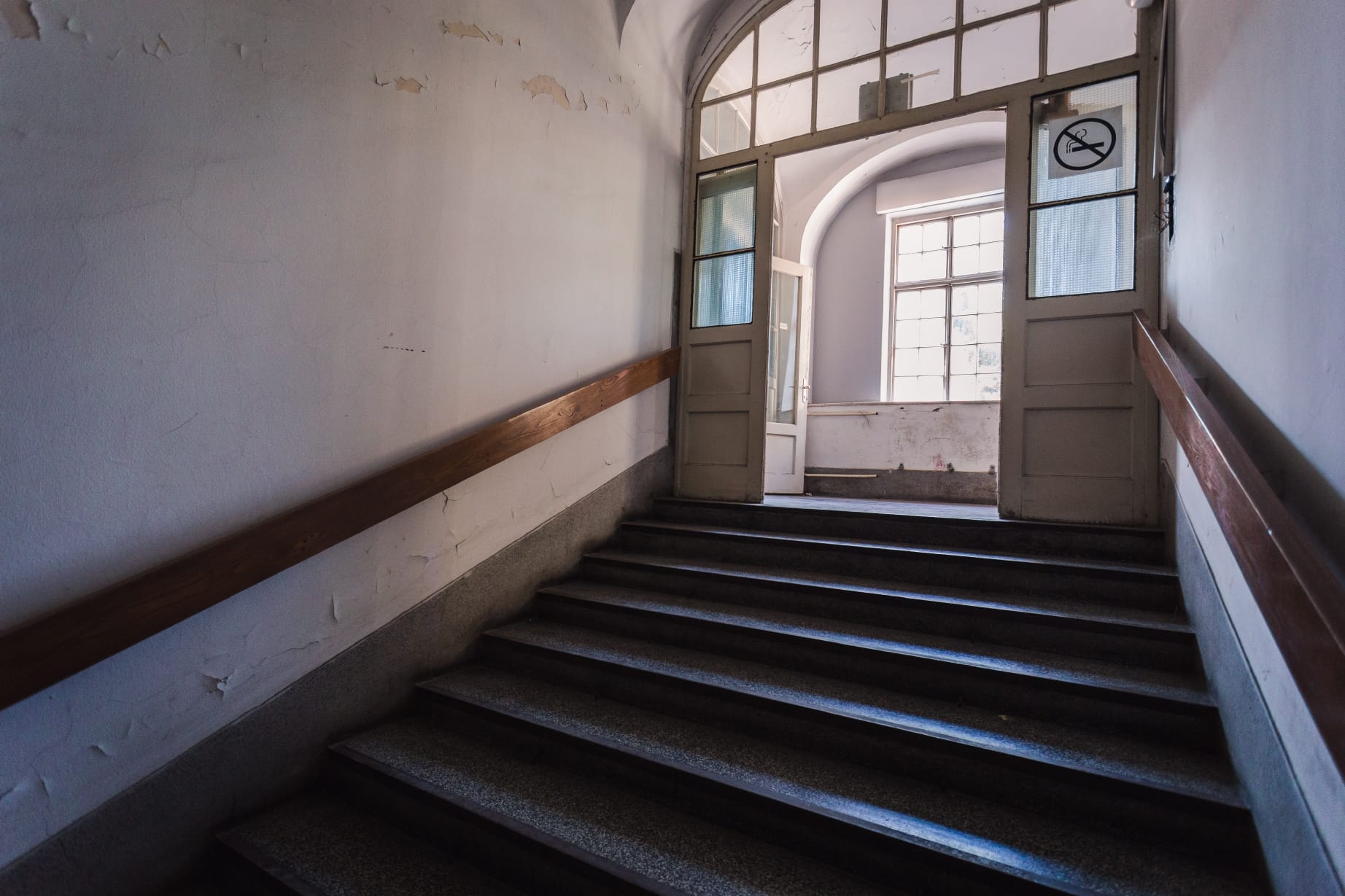
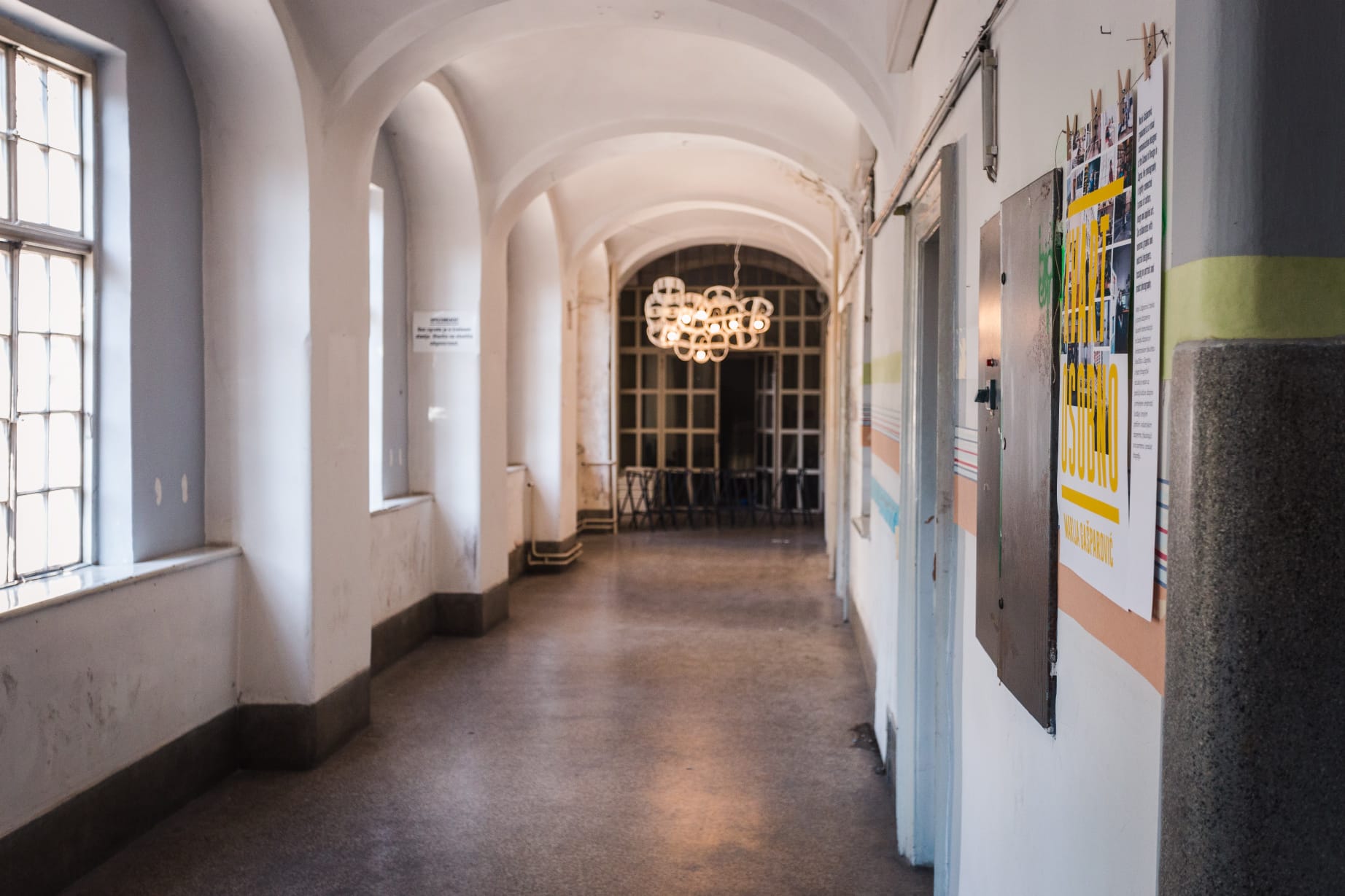
Kvart osobno (The Neighborhood In-Person)
The first one was called Kvart Osobno (translated The Neighborhood In-Person). It showed dozens of portraits of people that work or live in the neighborhood, or as we called it ‘Martićeva zone’, each telling their own story.
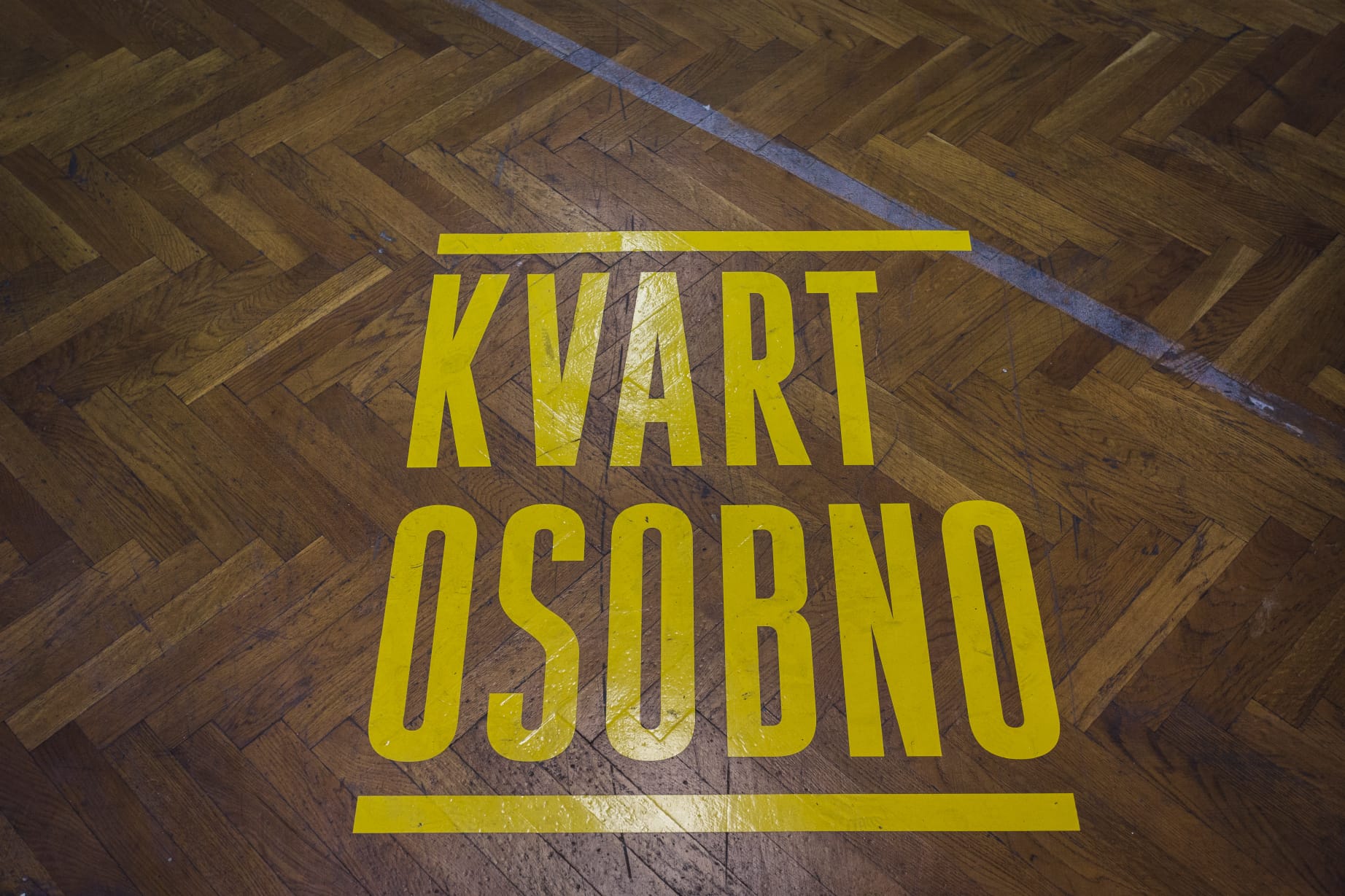
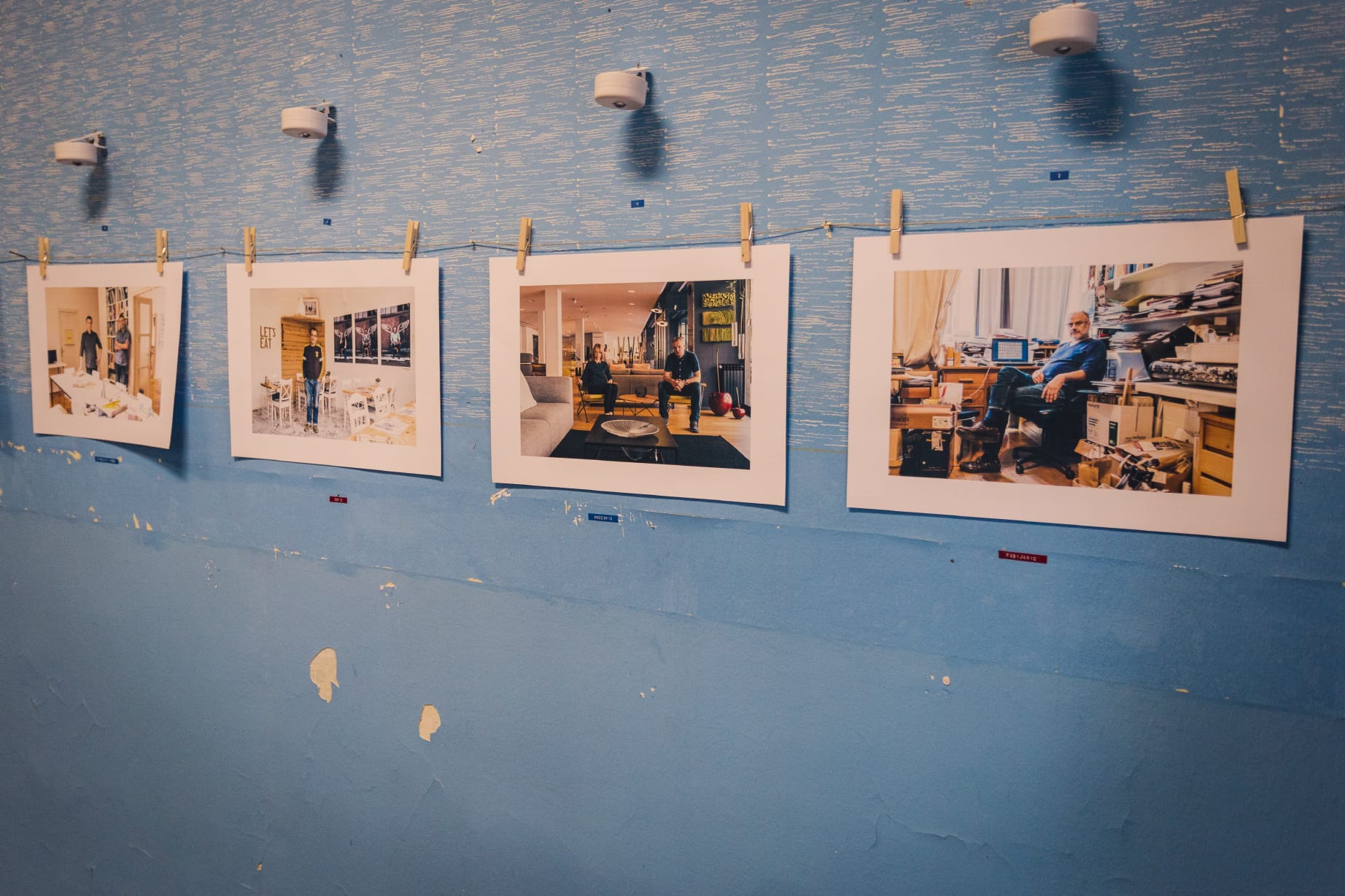
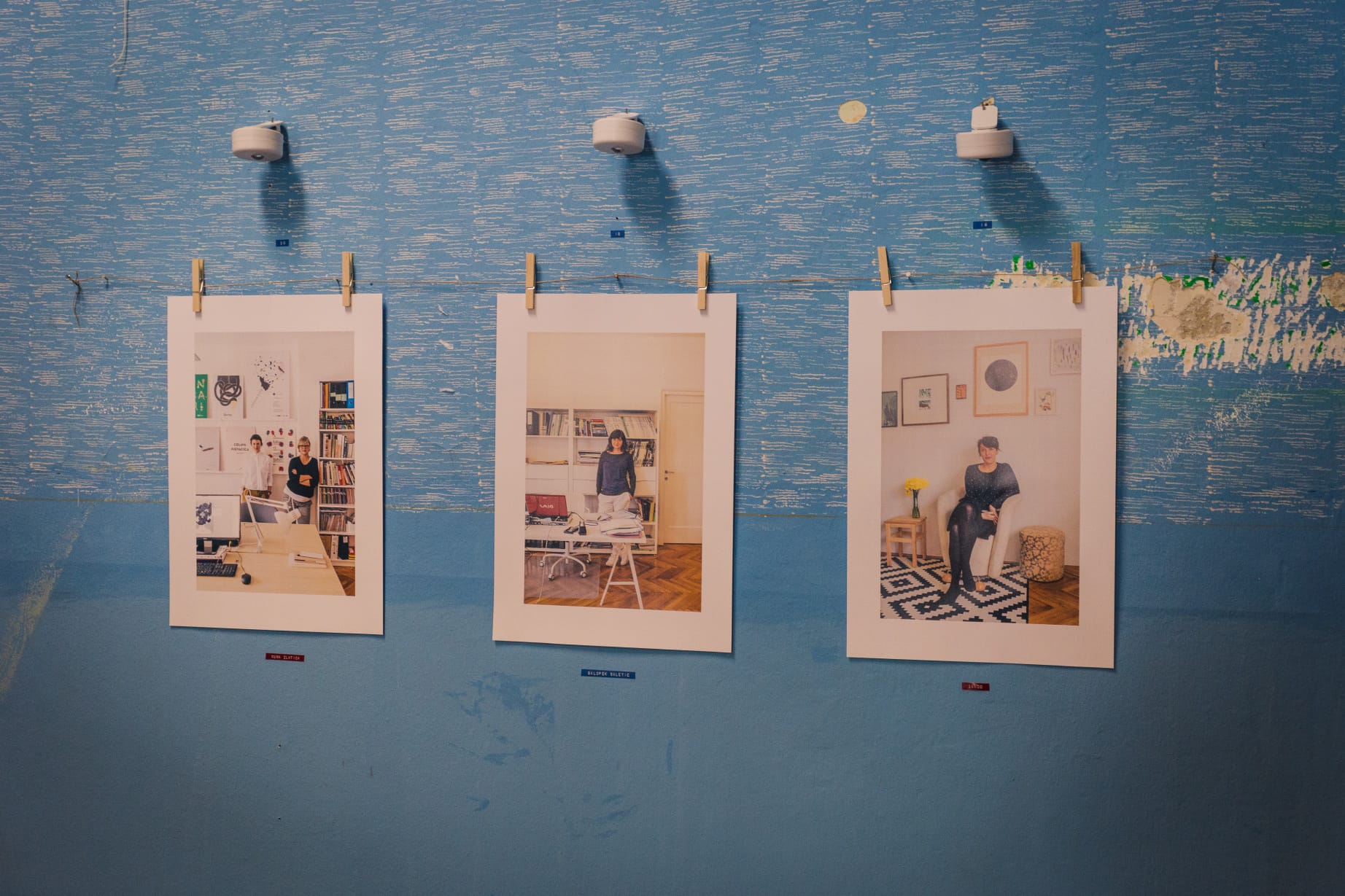
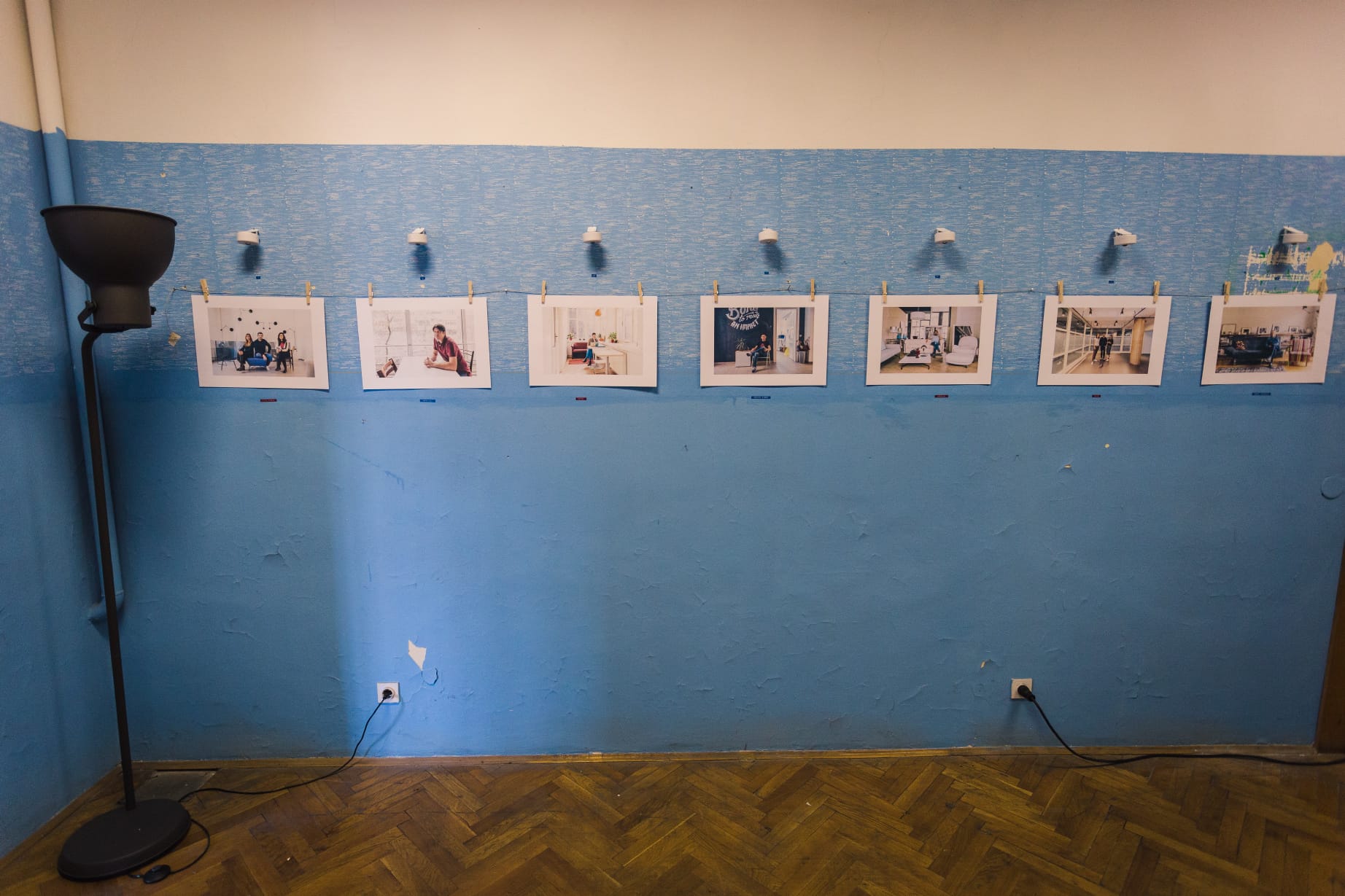
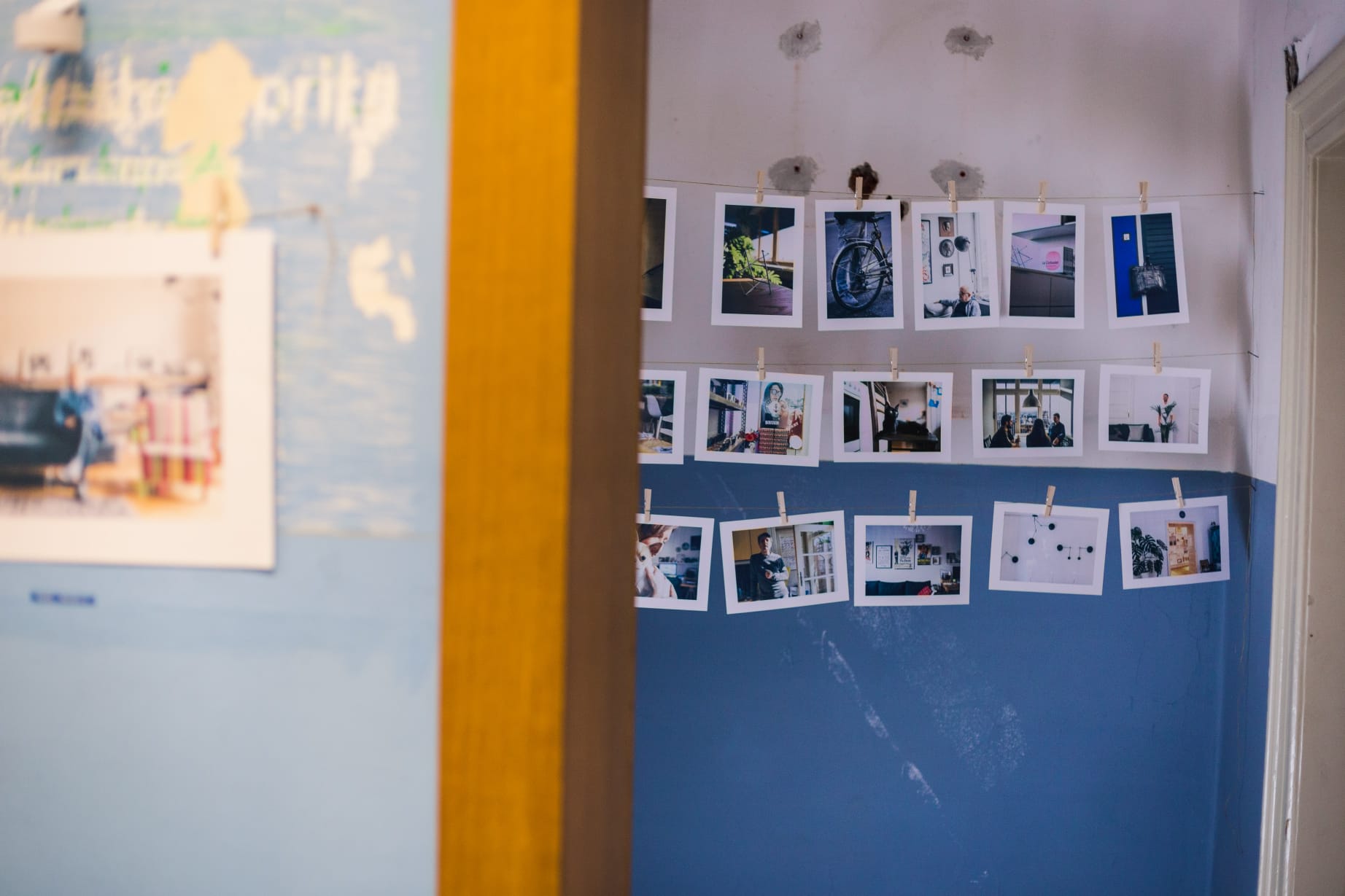
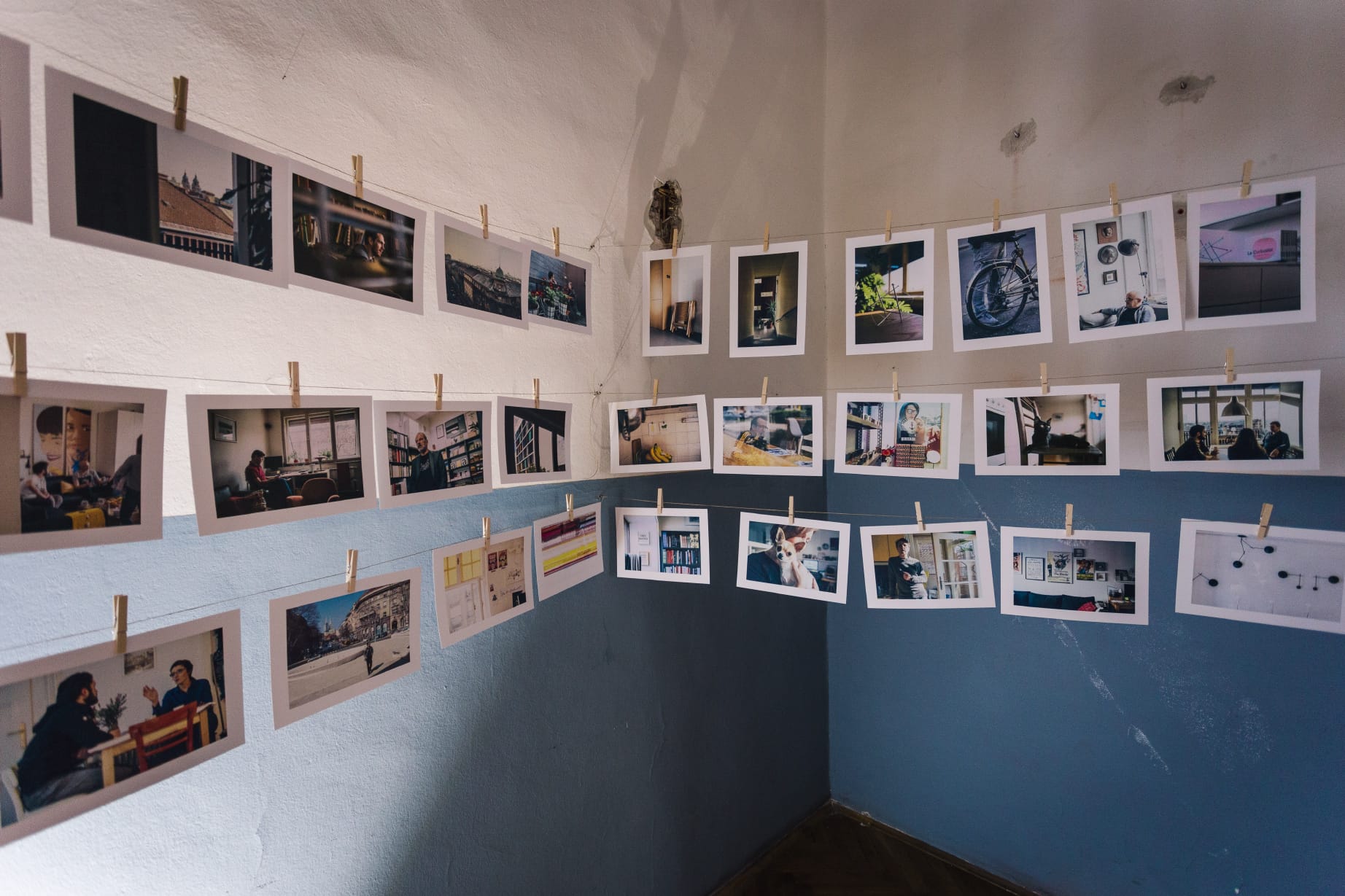
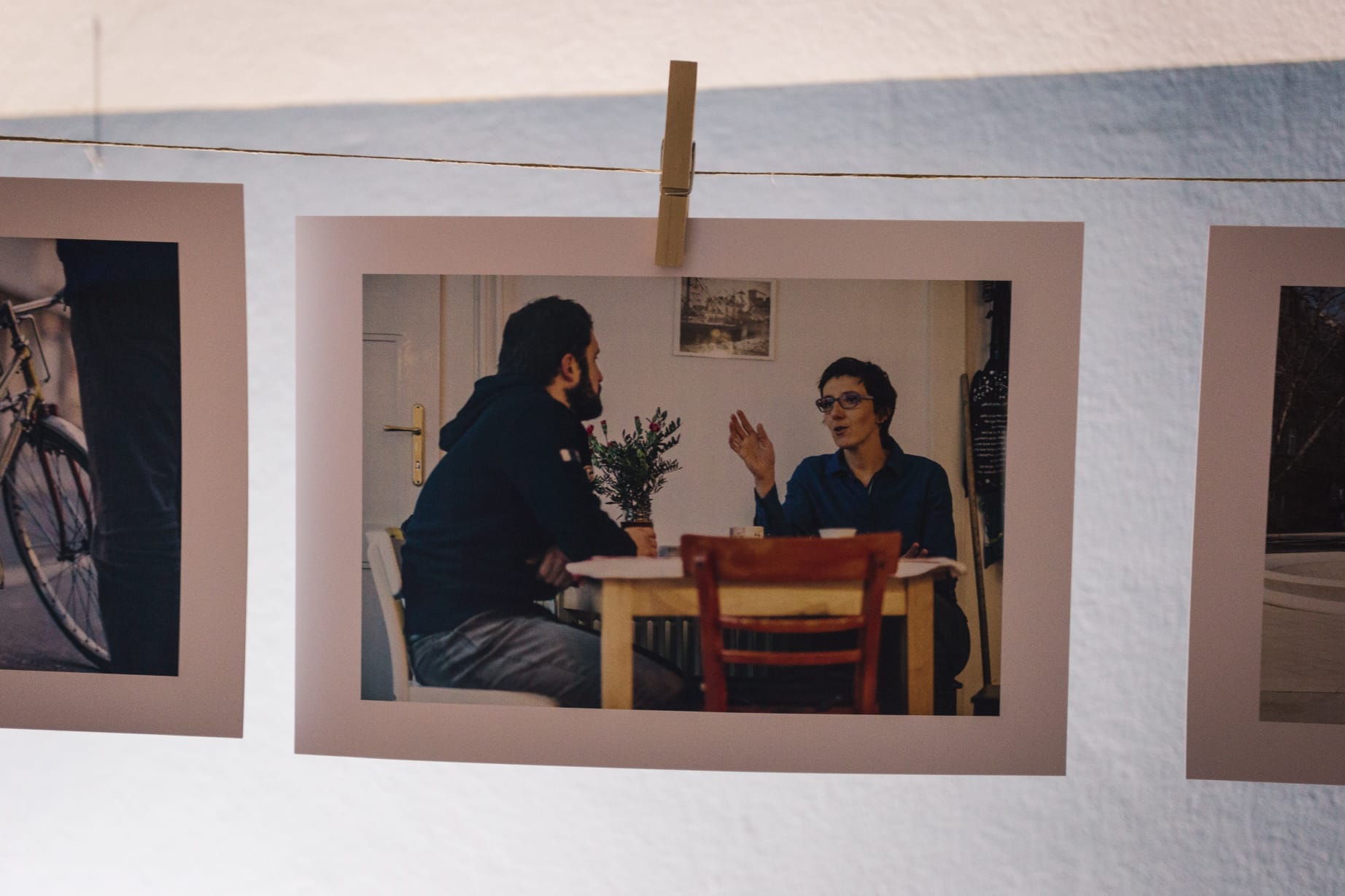
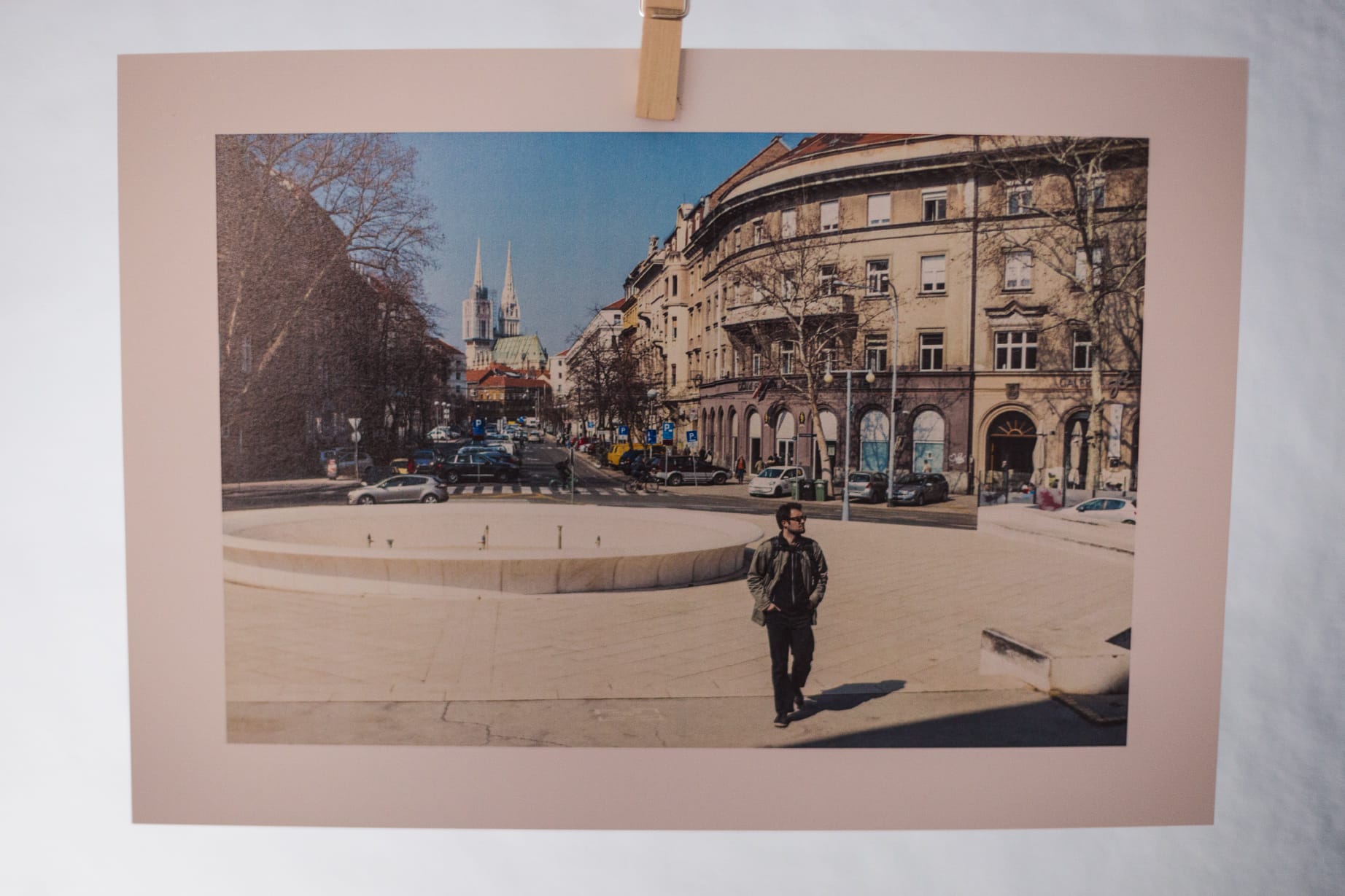
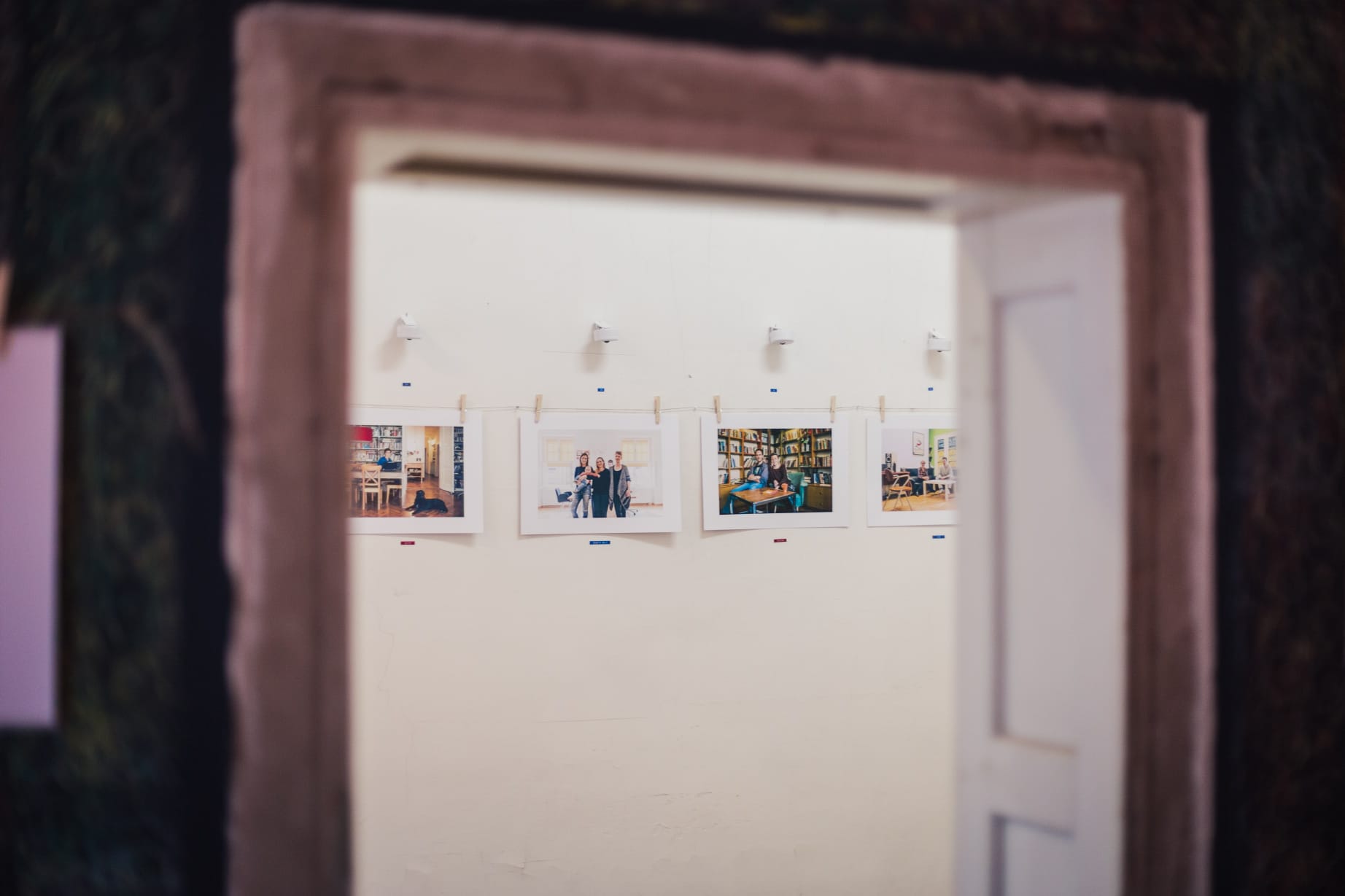
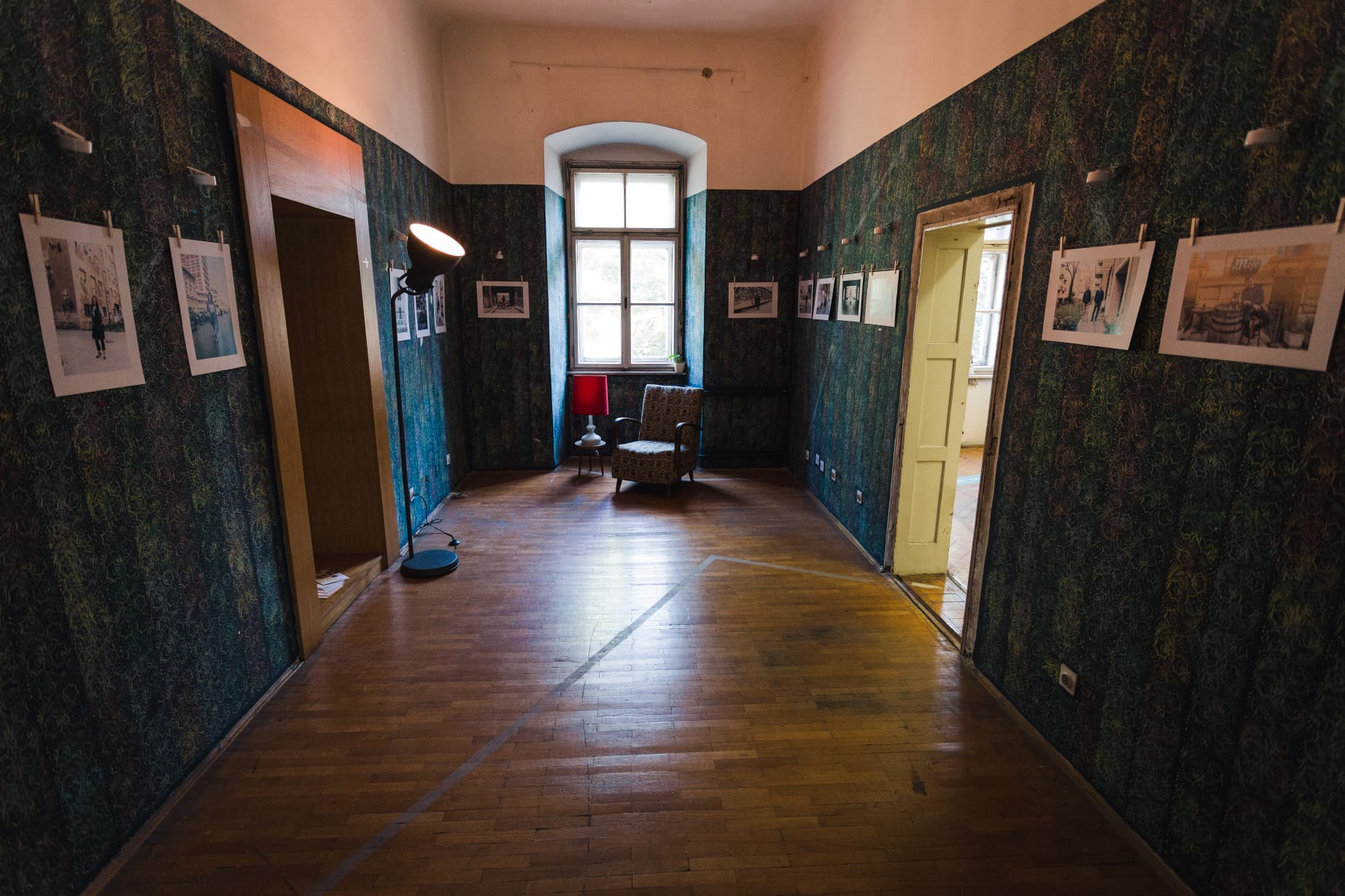
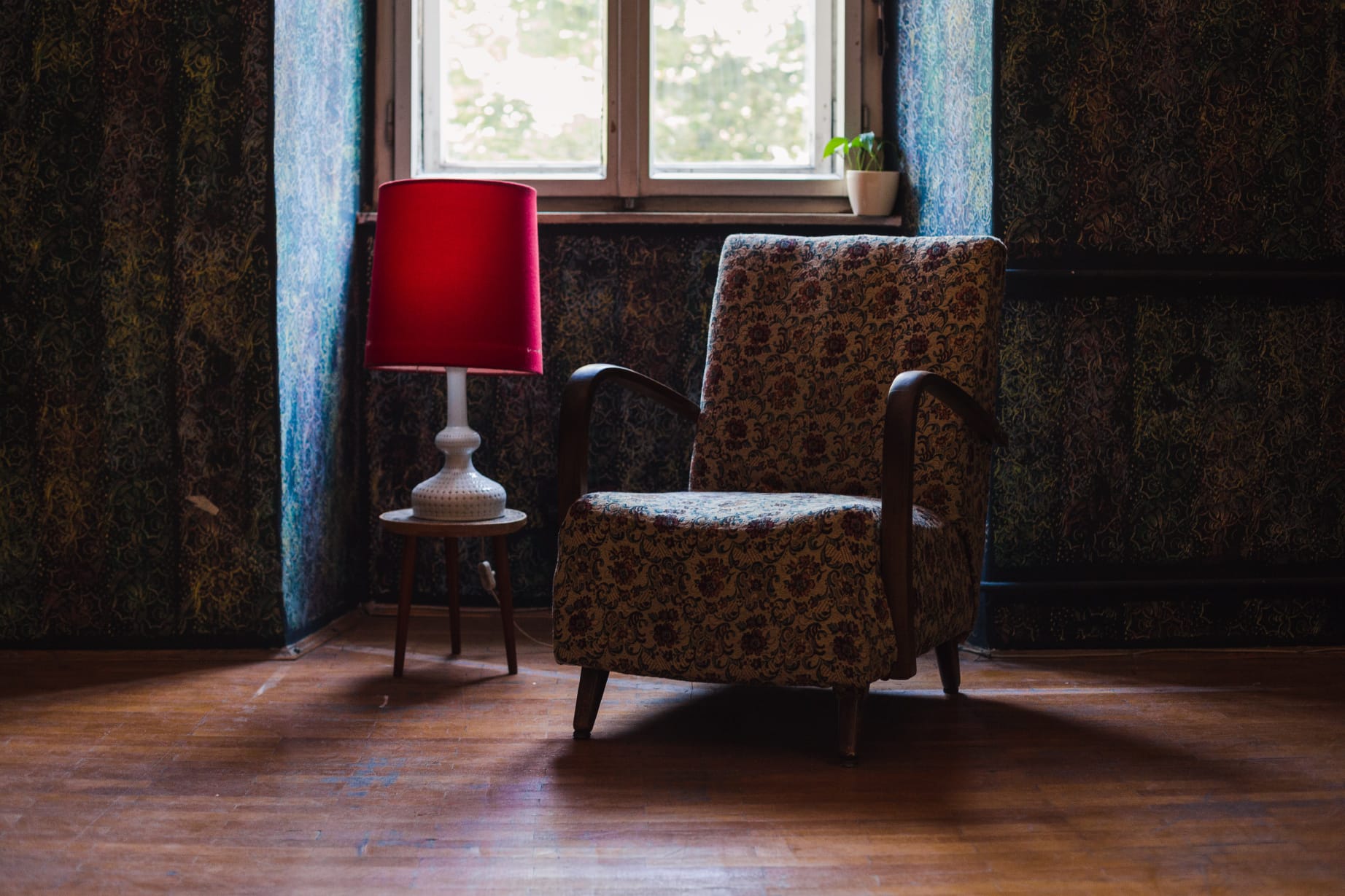
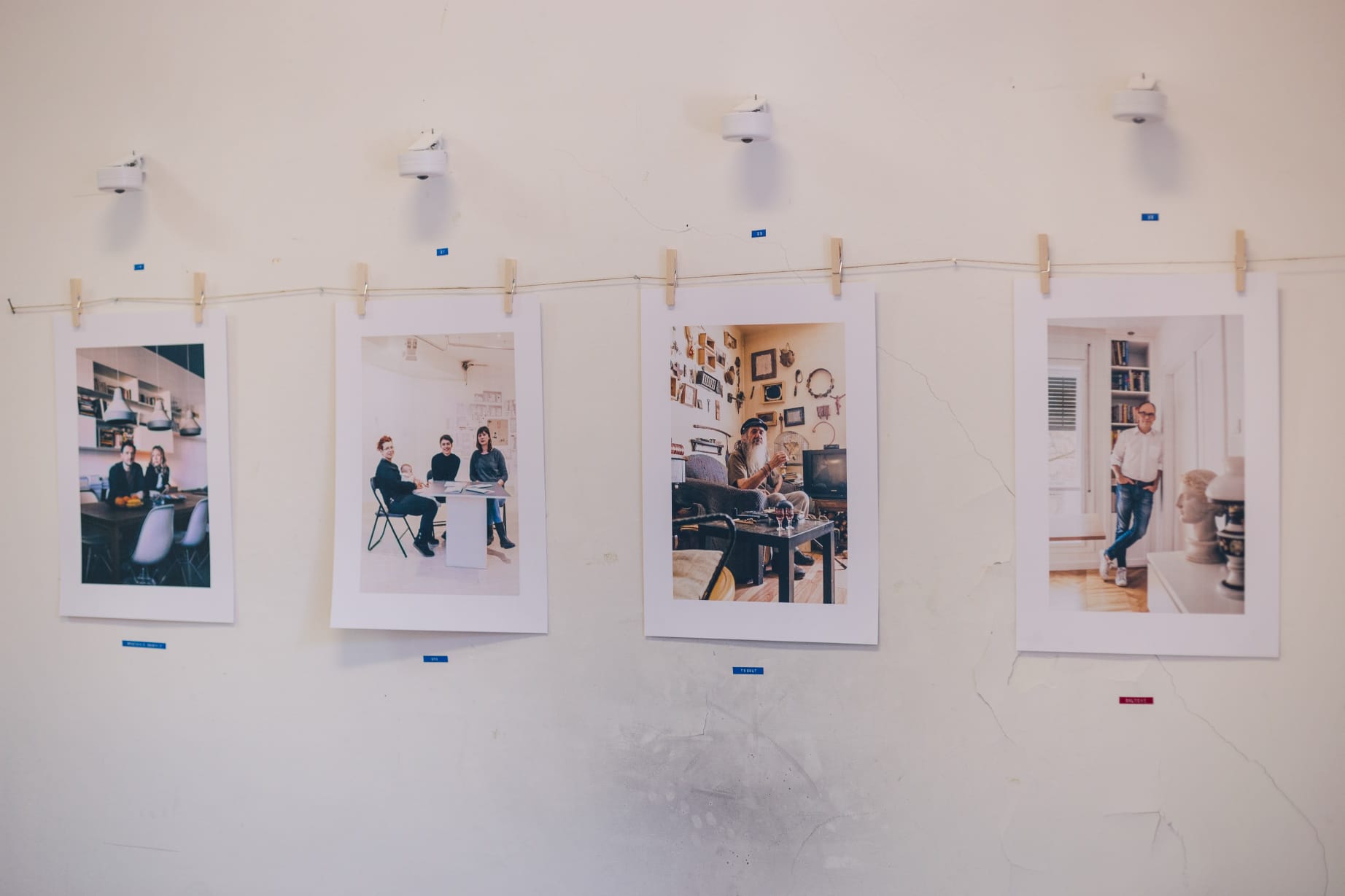
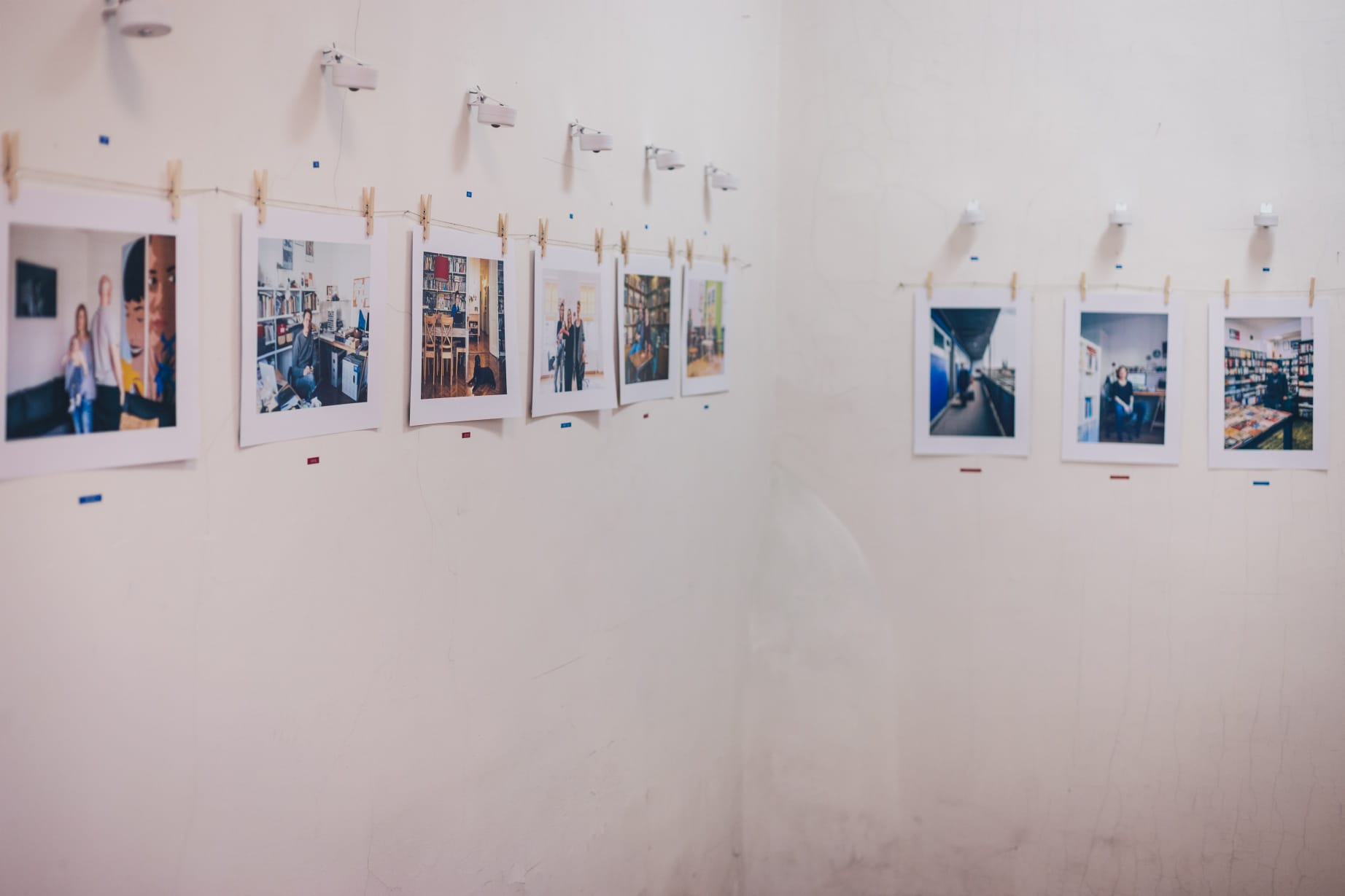
After the exhibition, my girlfriend asked me “why are those photos so special? Couldn’t anybody just pick up the camera and shoot them?” I get where she was going with it, and she didn’t mean, by all means, to question the artistic value of the work, but the question itself was rather intriguing. What exactly made those portraits so good?
It was the simple but strong concept. All of the photos have a few thing in common. They show people who work or live in the area, in their “natural habitat”. That’s it. But this didn’t mean the photos were random. Not at all. They were all carefully framed and put into the mosaic of the whole story. Each thing in the frame, just like a sentence in the article, tells you something new. Each photo shows you a story just by looking at it.
Hacking IKEA
The second exhibition in the Old Military Hospital was ‘Hacking IKEA’. Despite the fact that the name should say it all, I couldn’t say that I understood the exhibits completely. I just didn’t get the sense that the IKEA furniture served its purpose in a different, more clever way. In other words, I don’t know what it was, but it wasn’t hacking. But at least it looked interesting.
